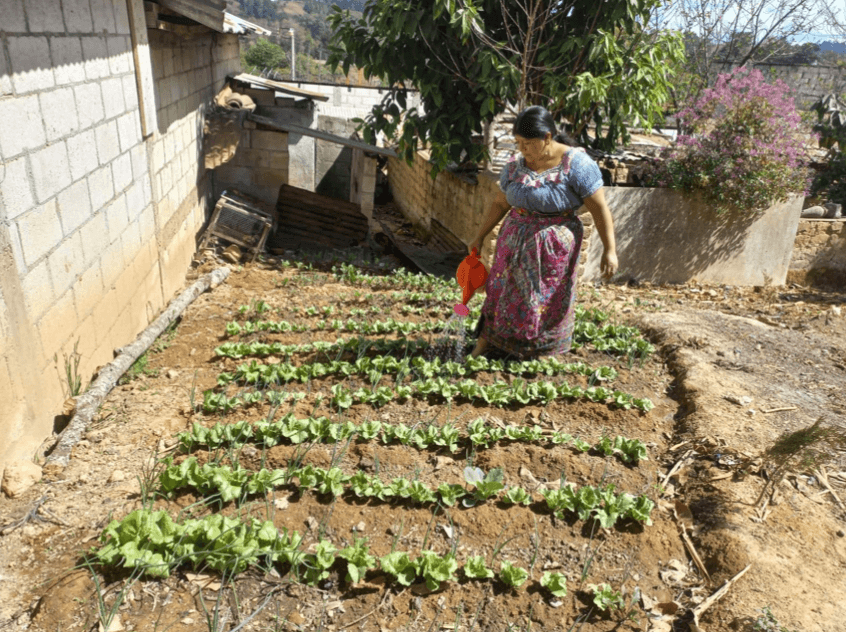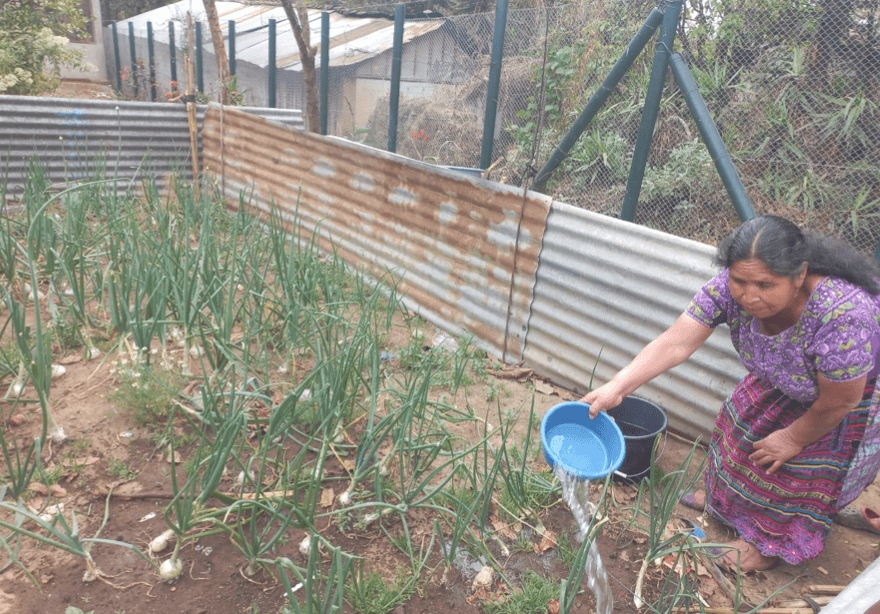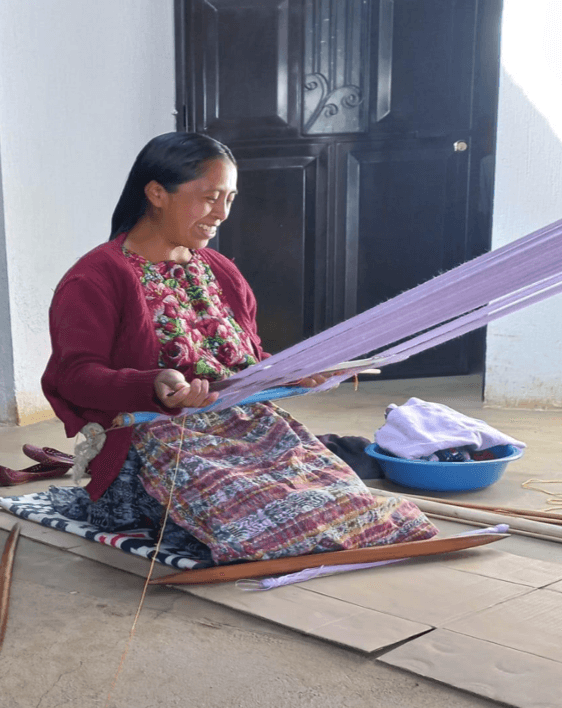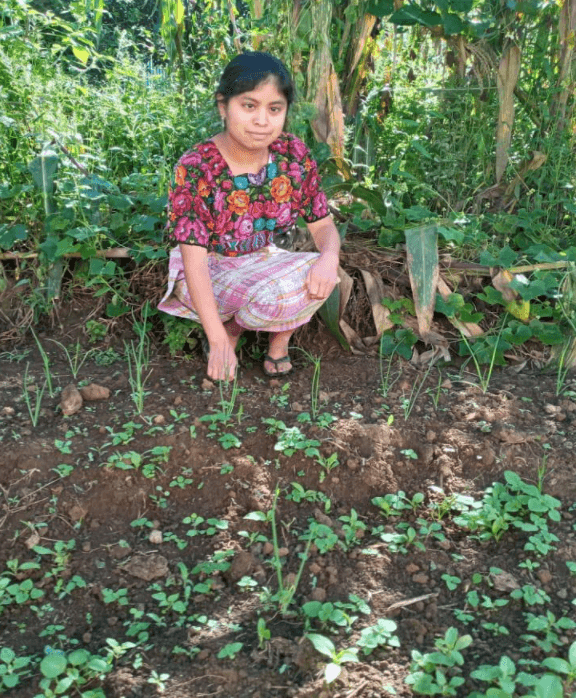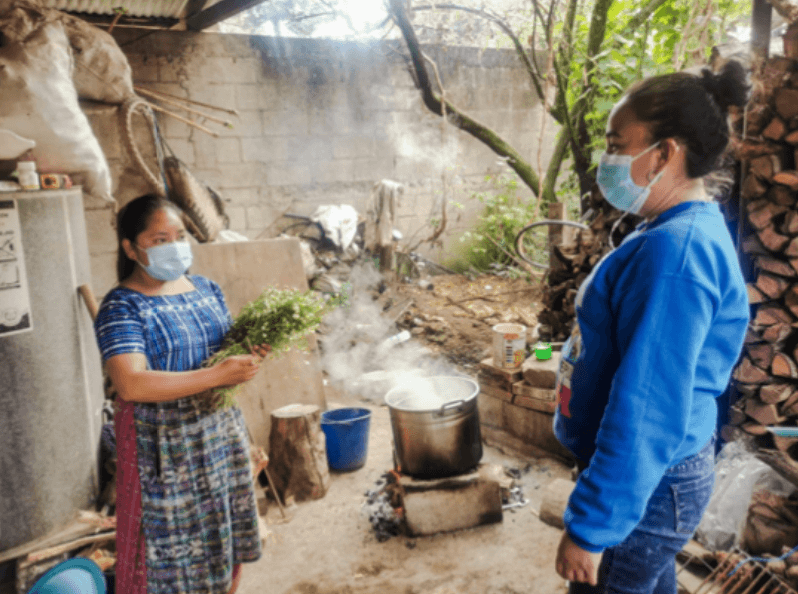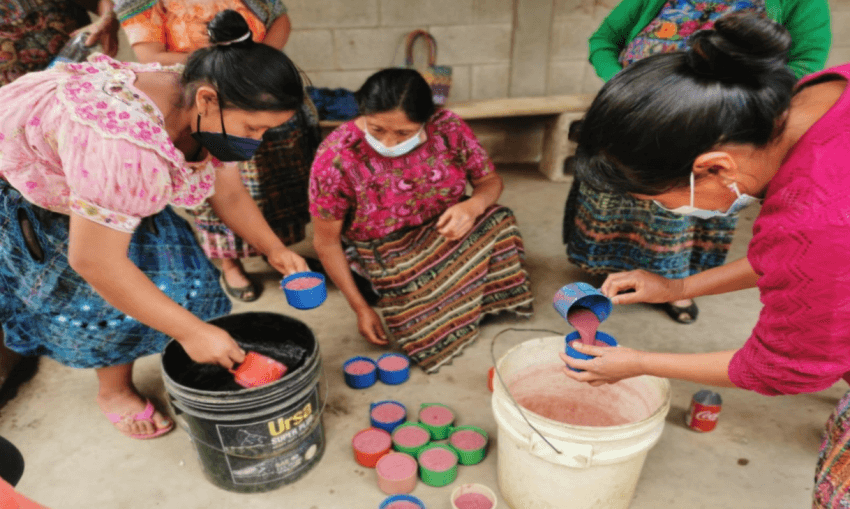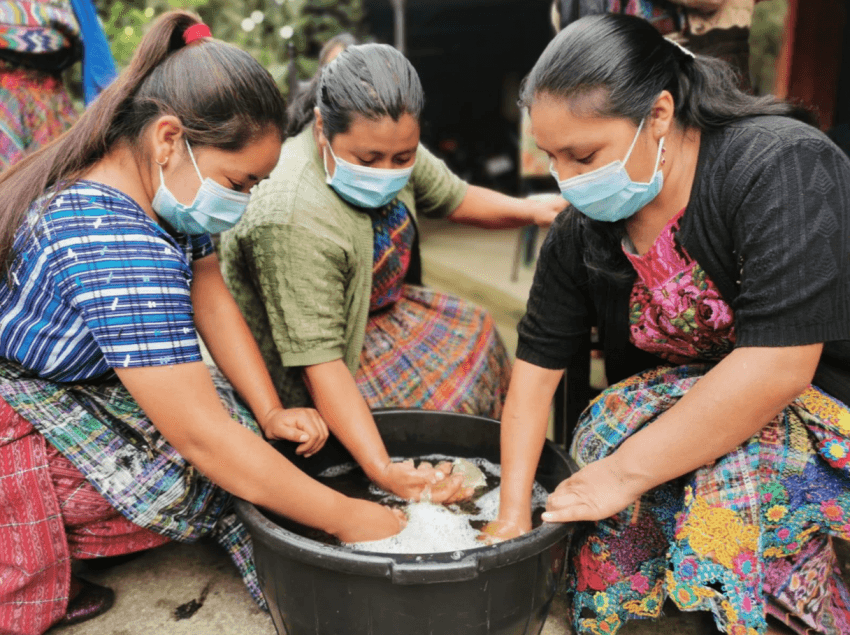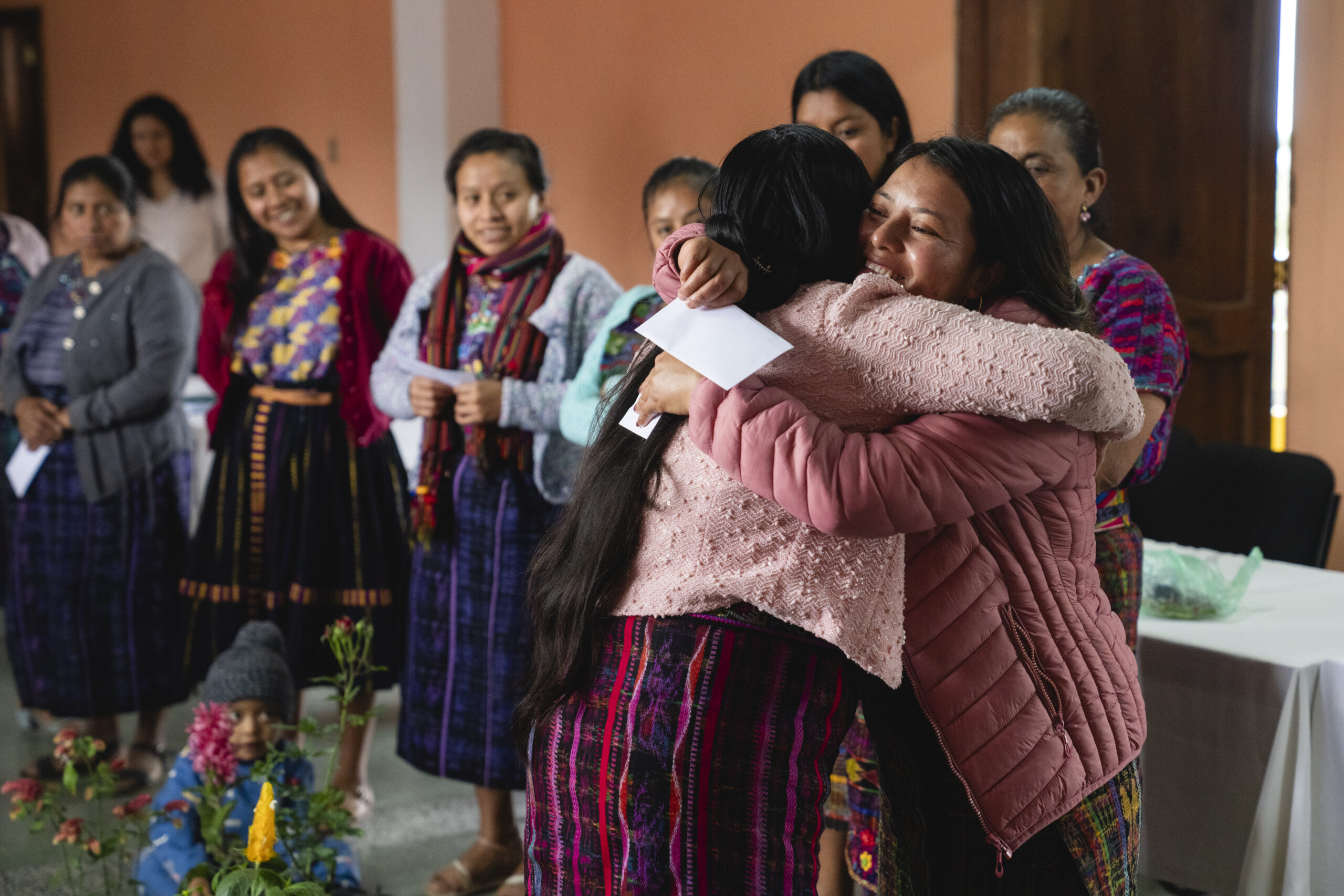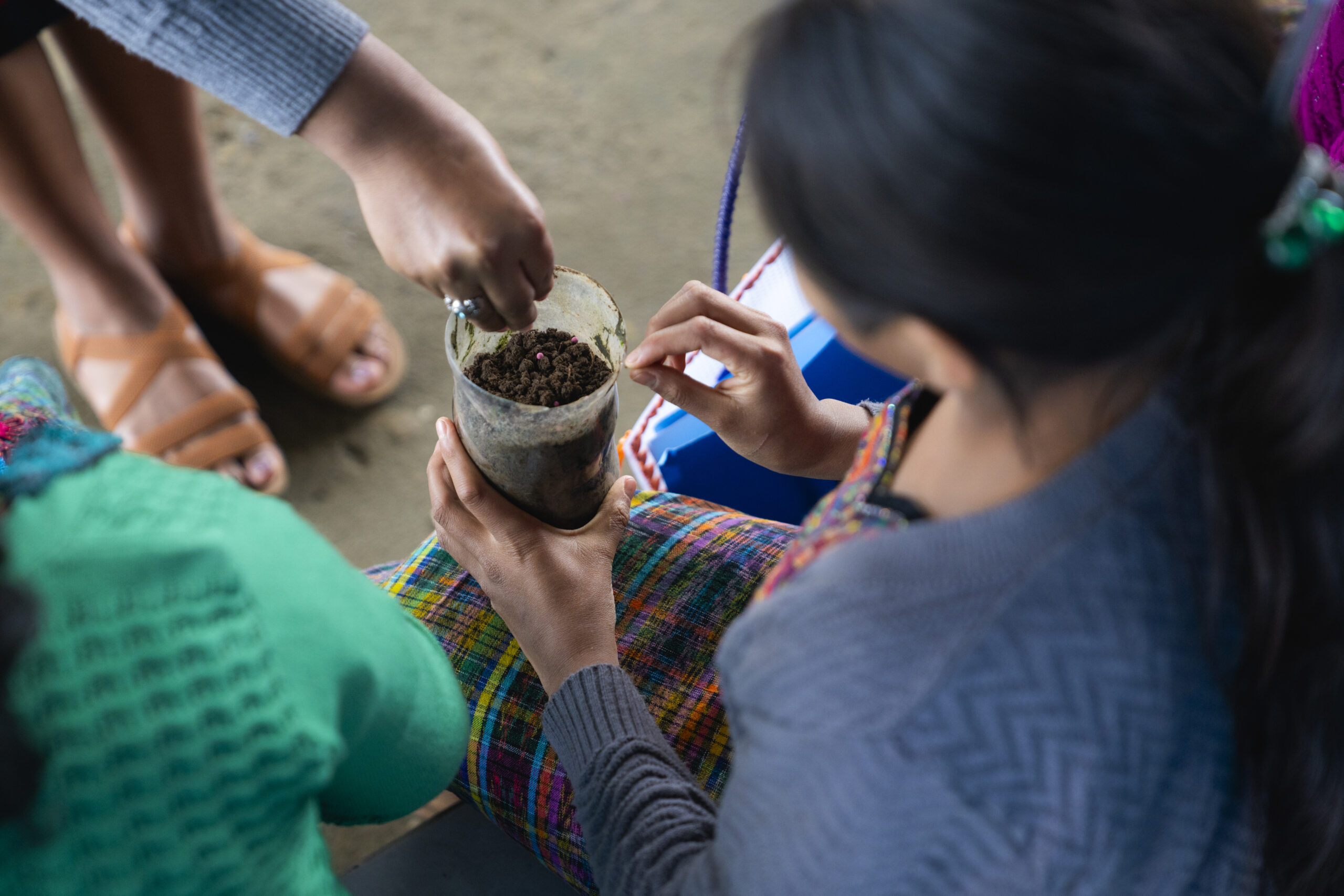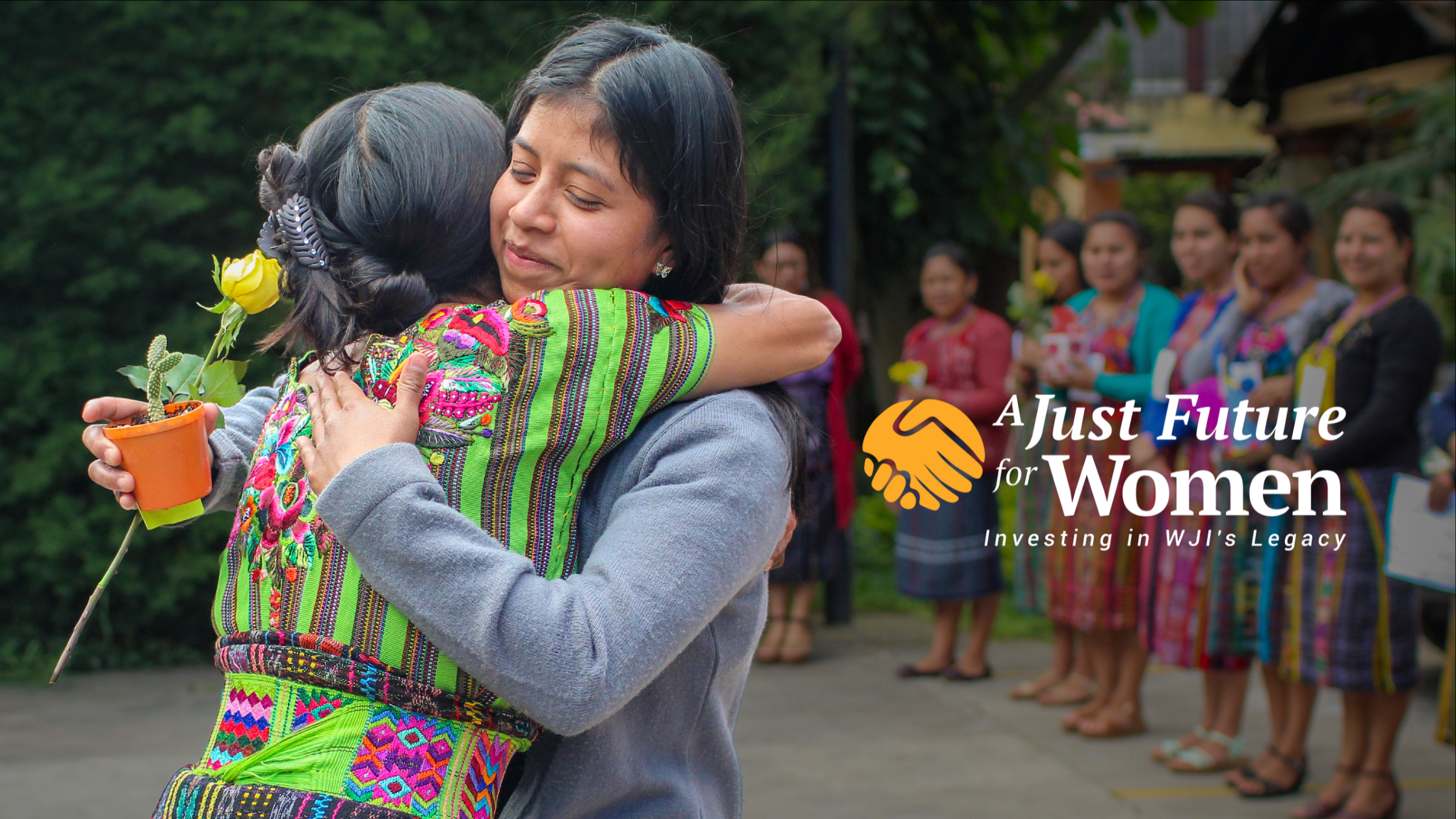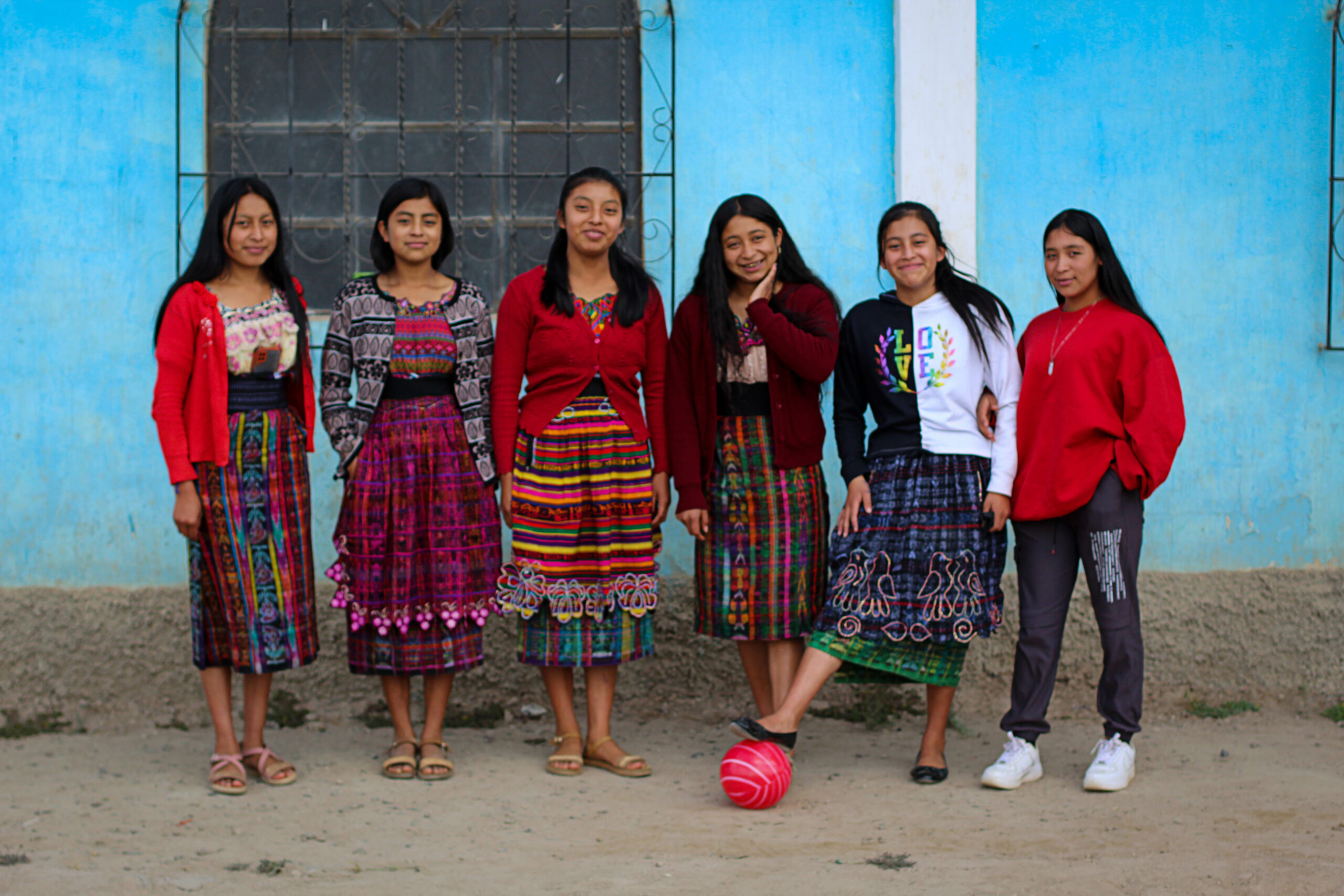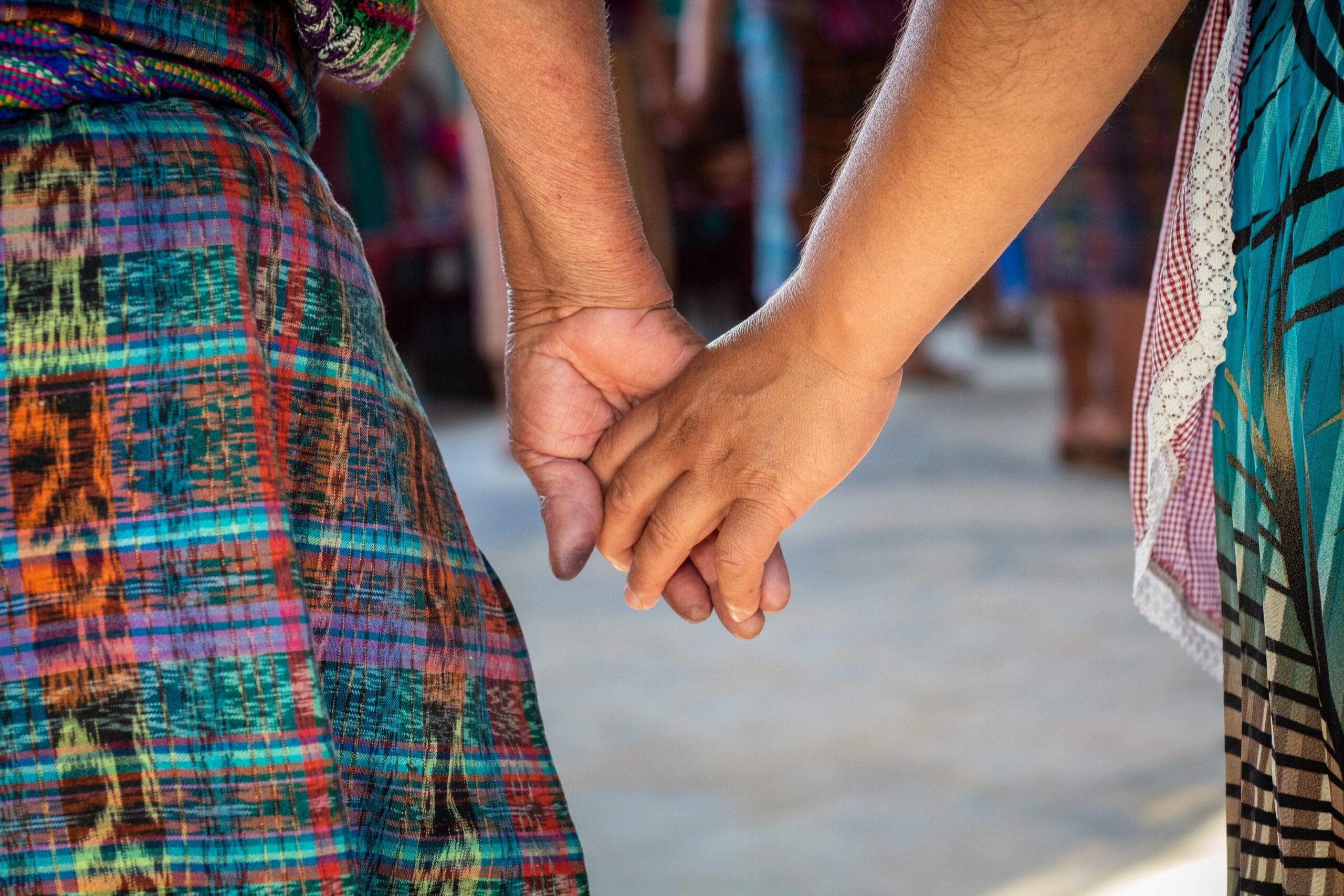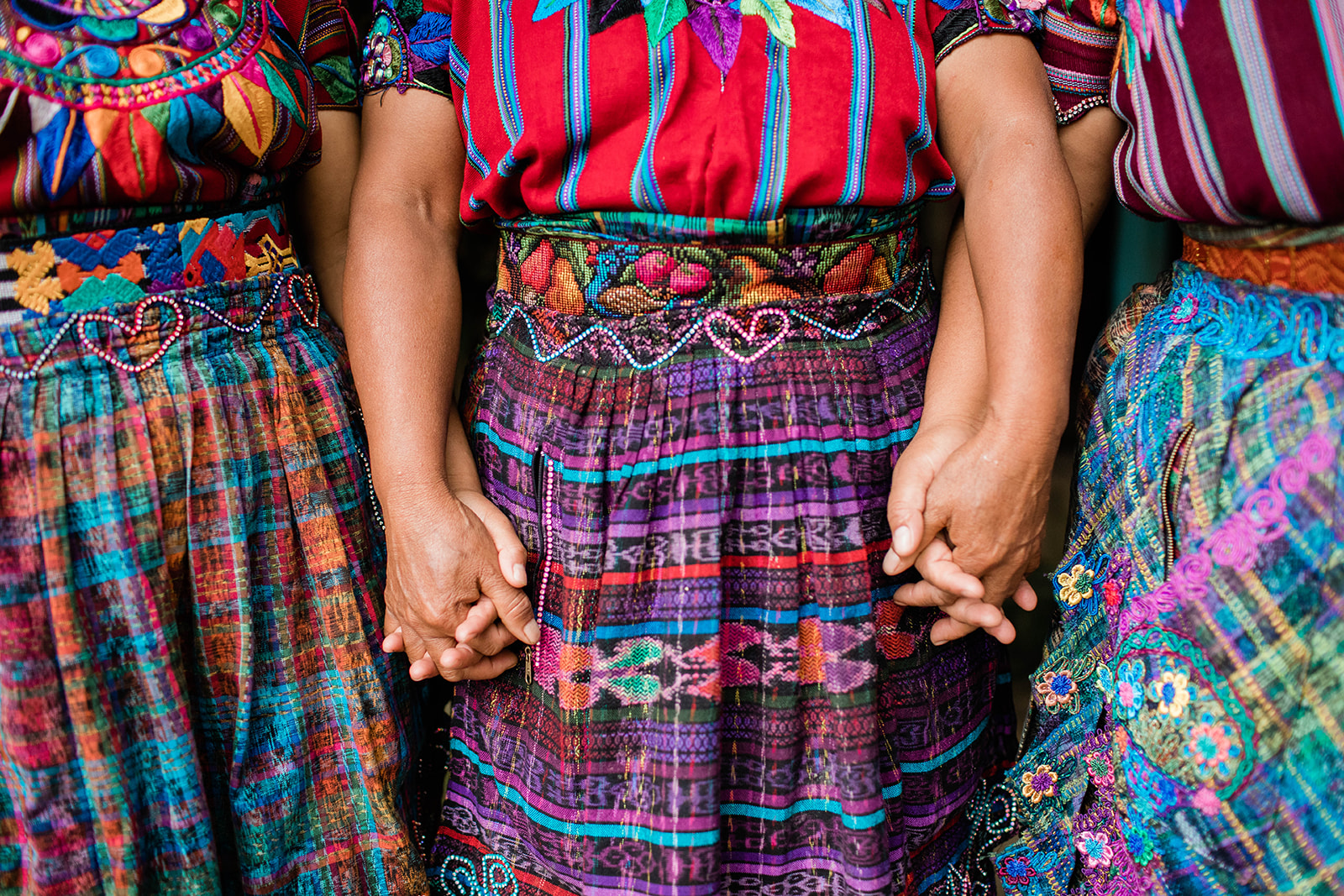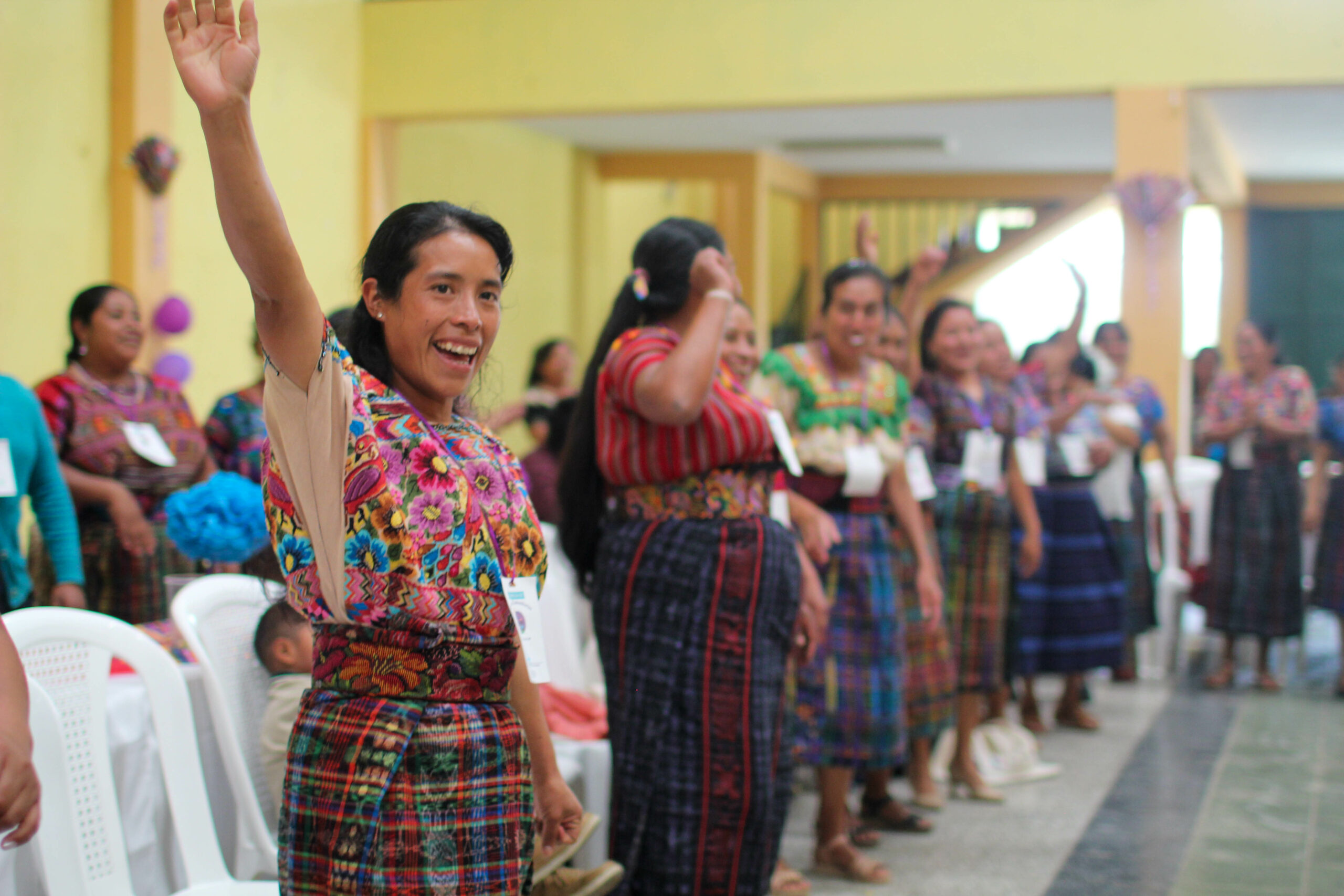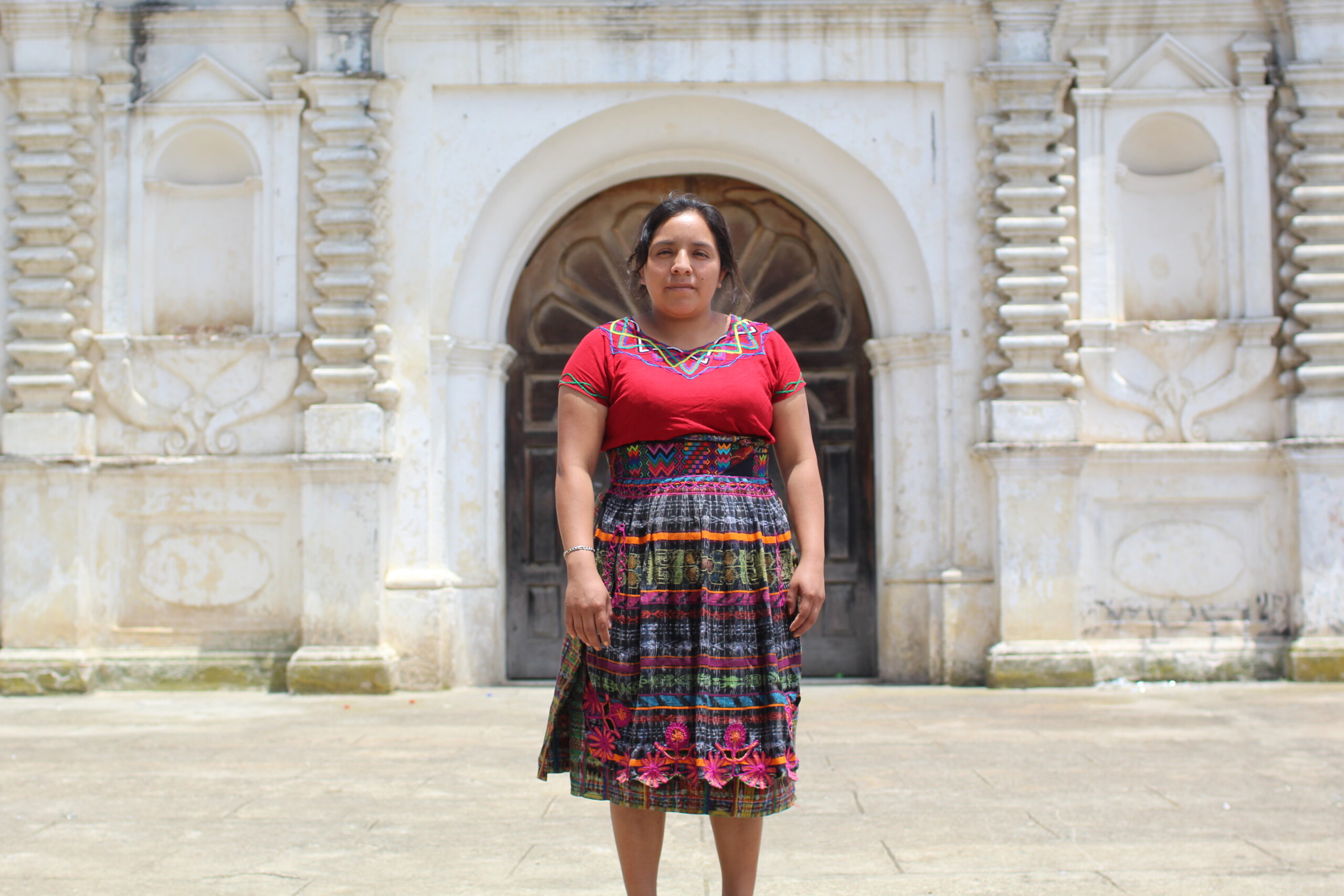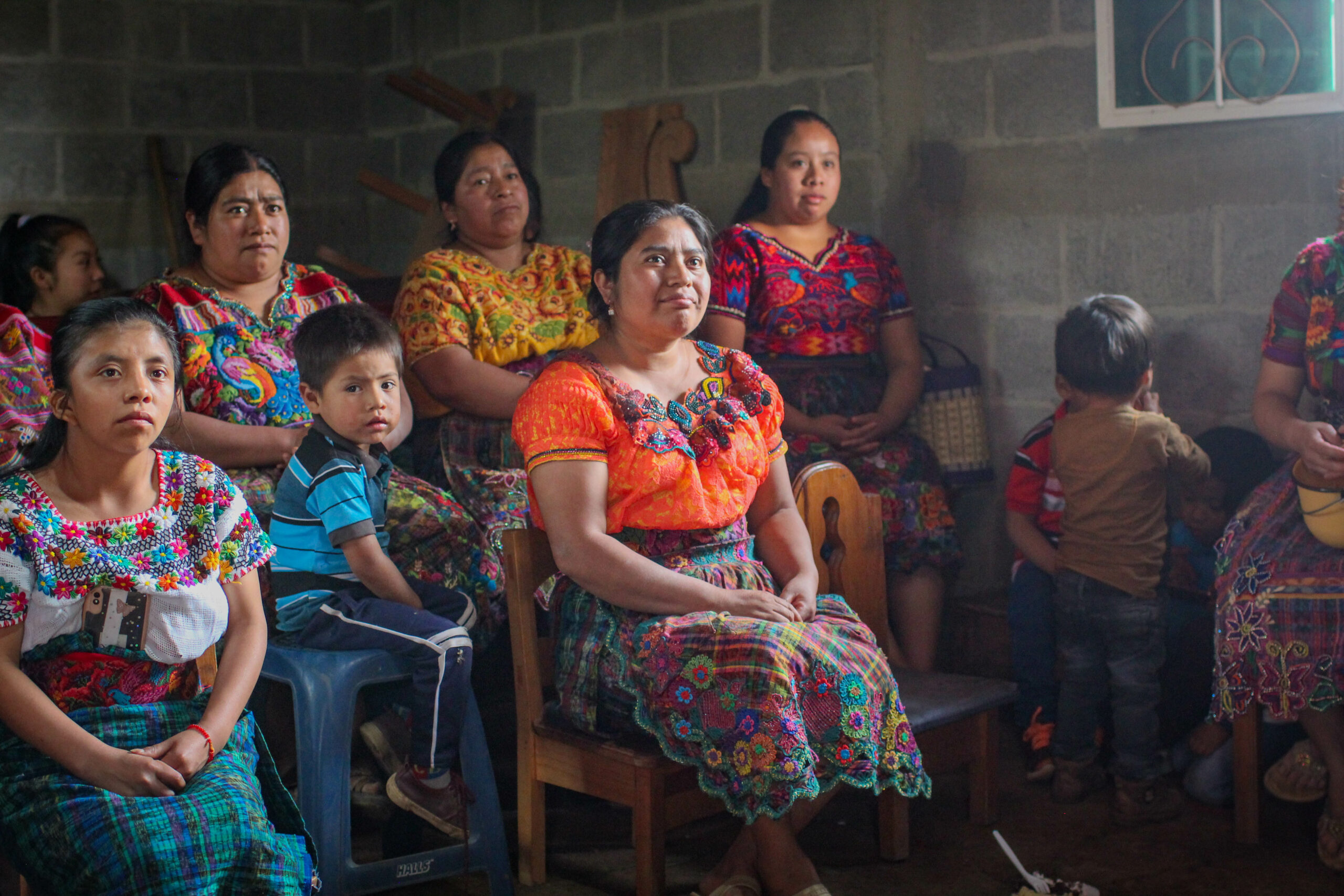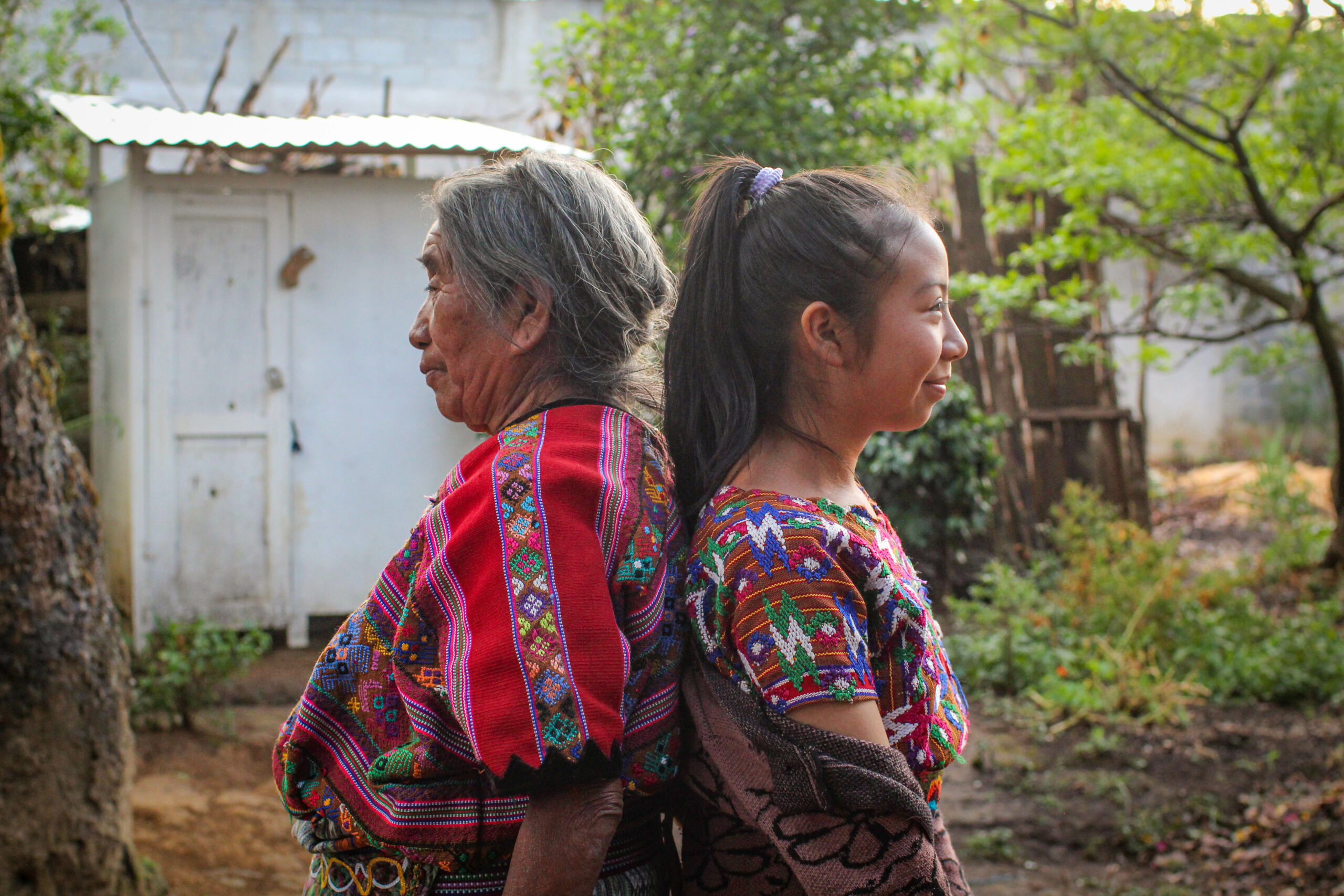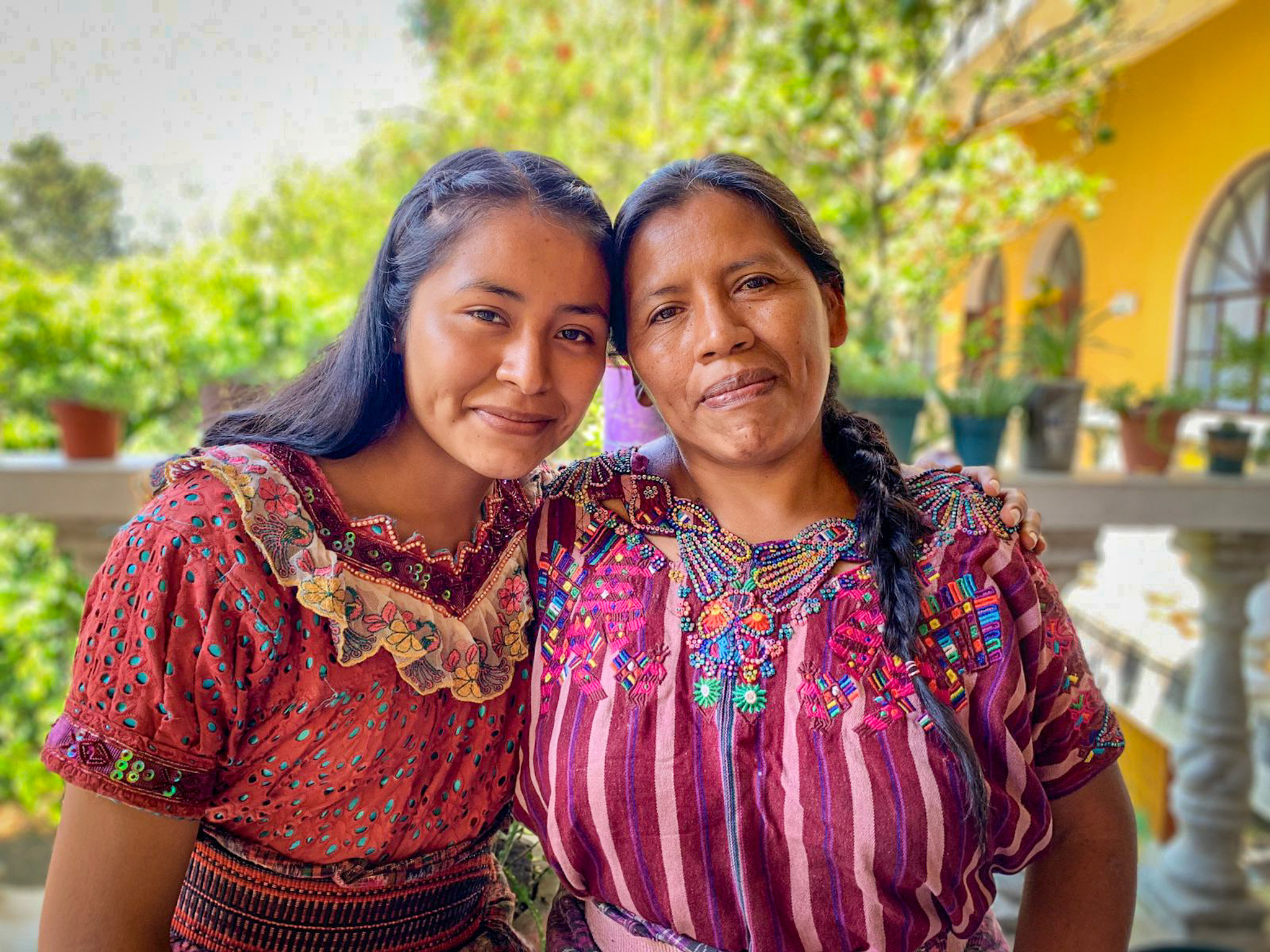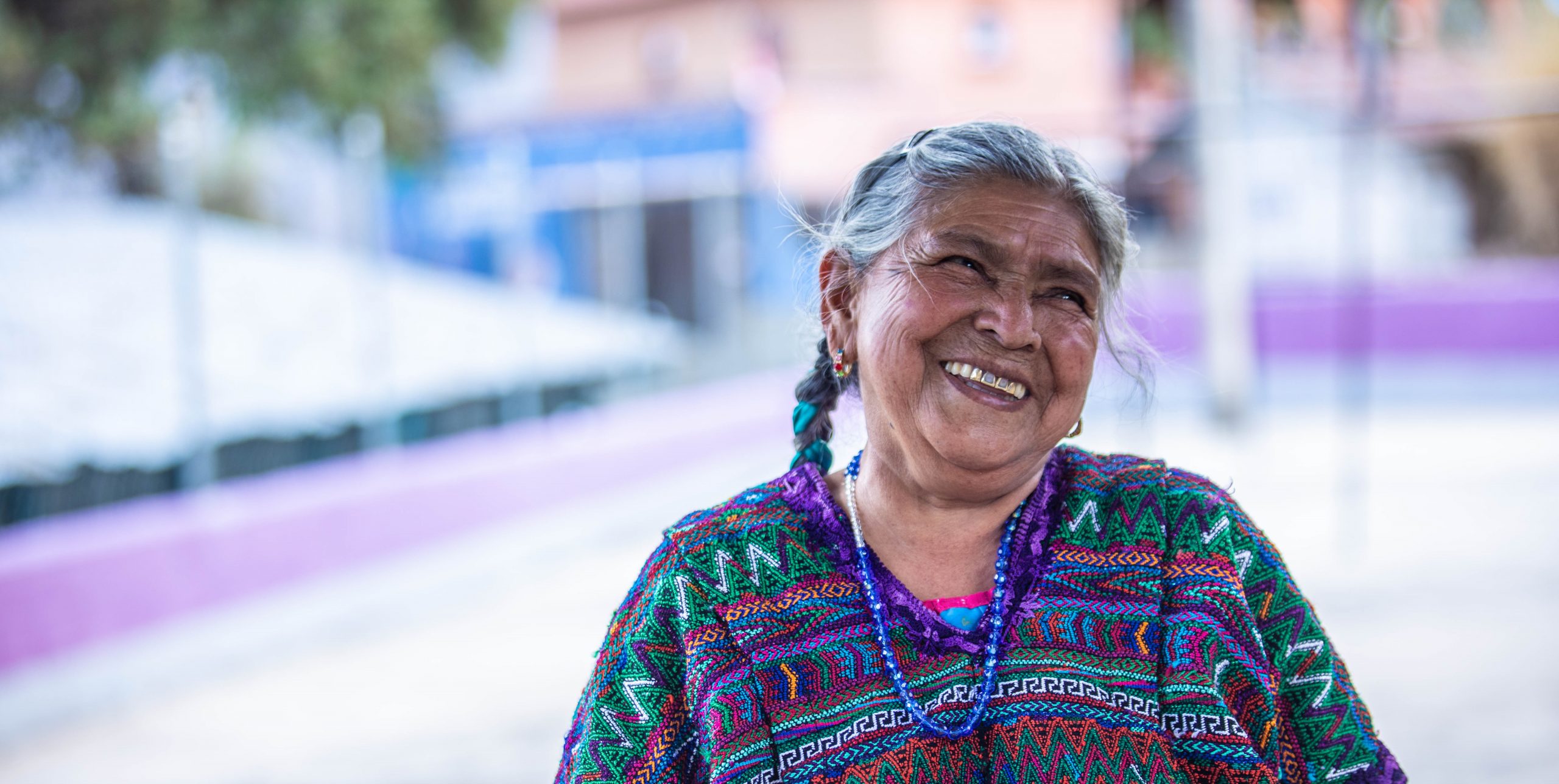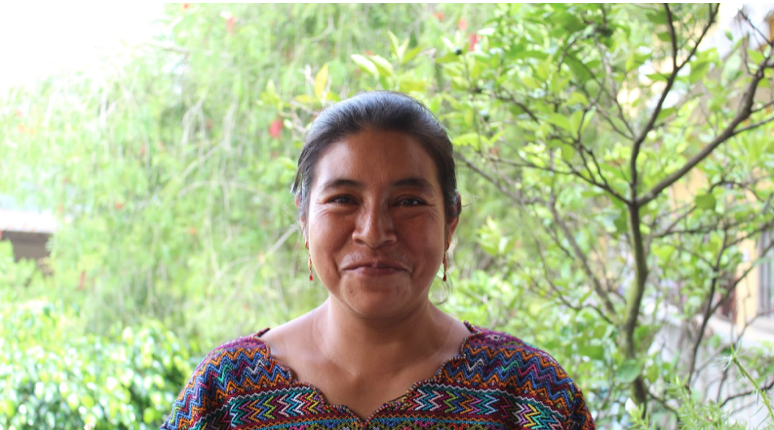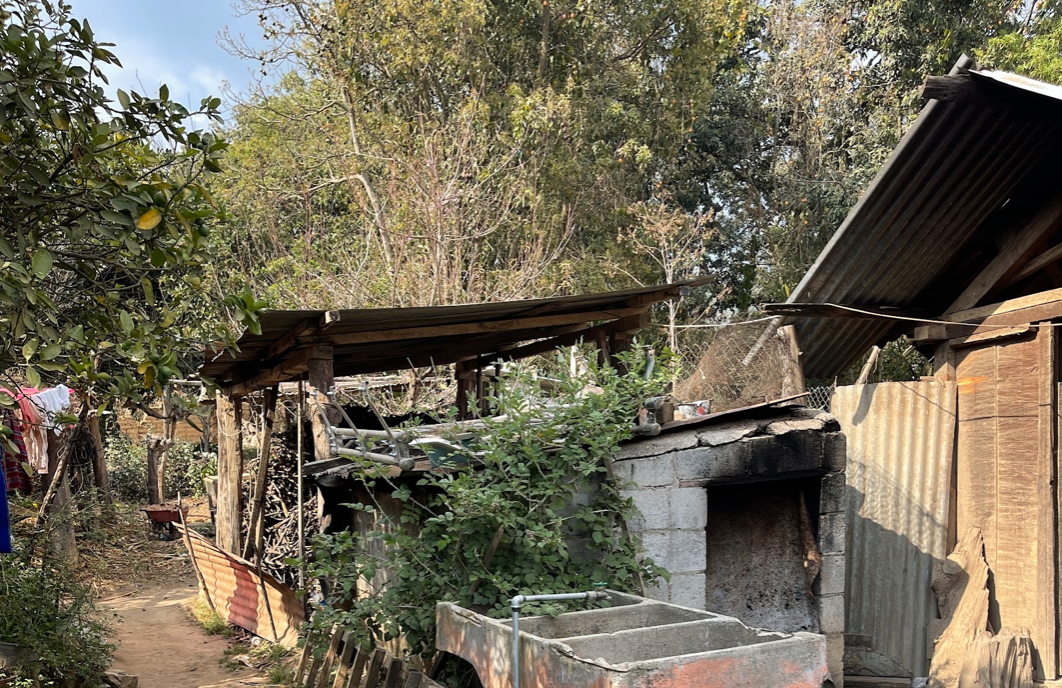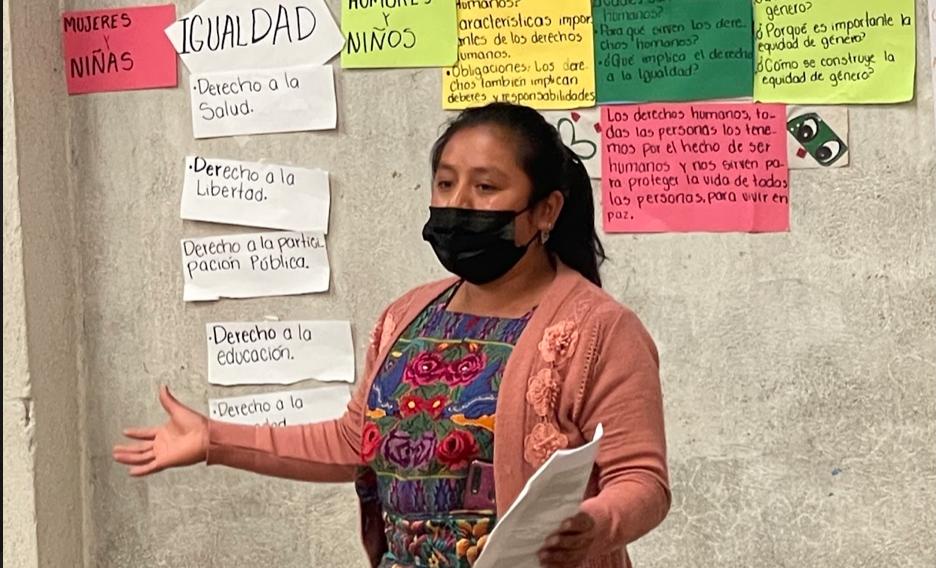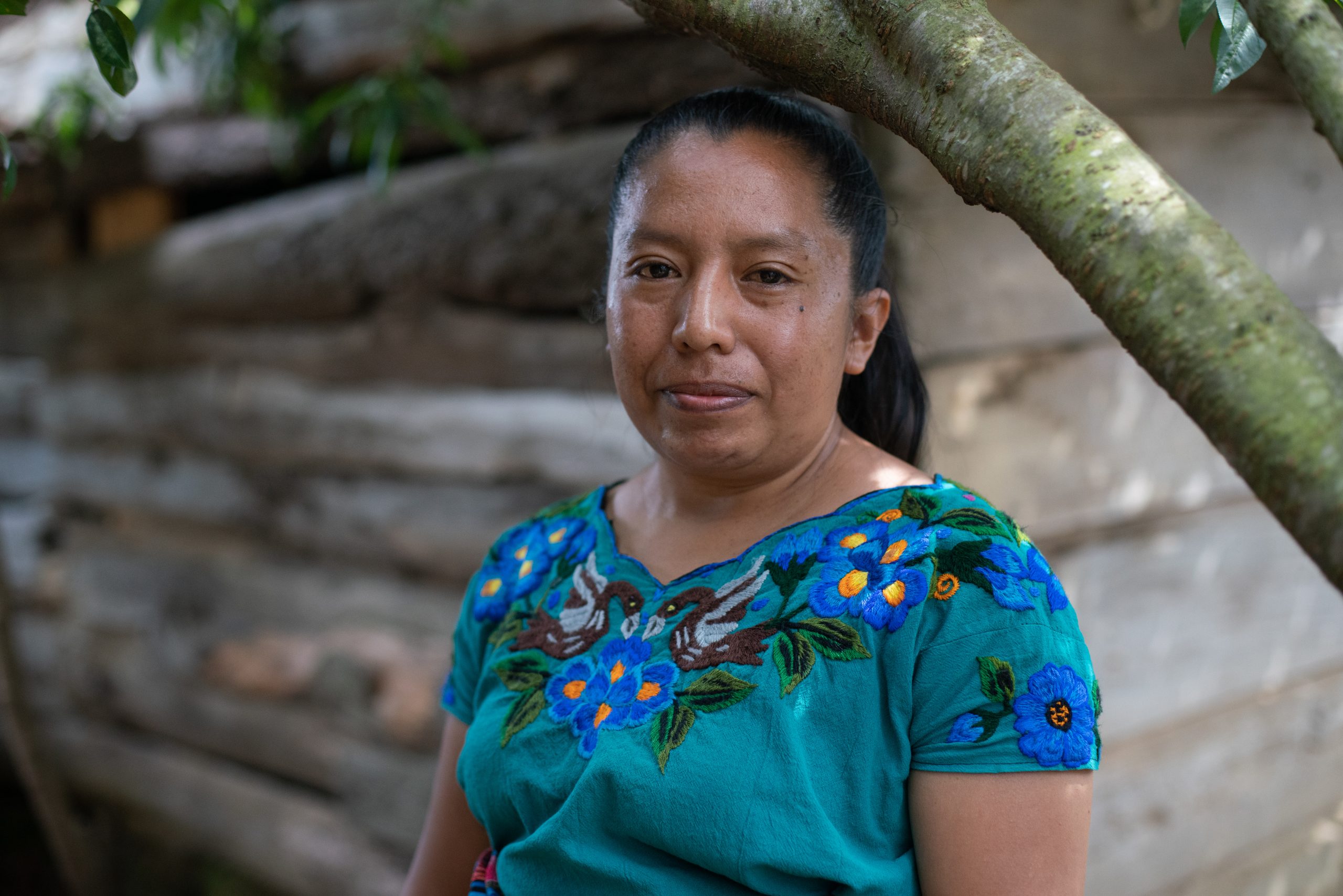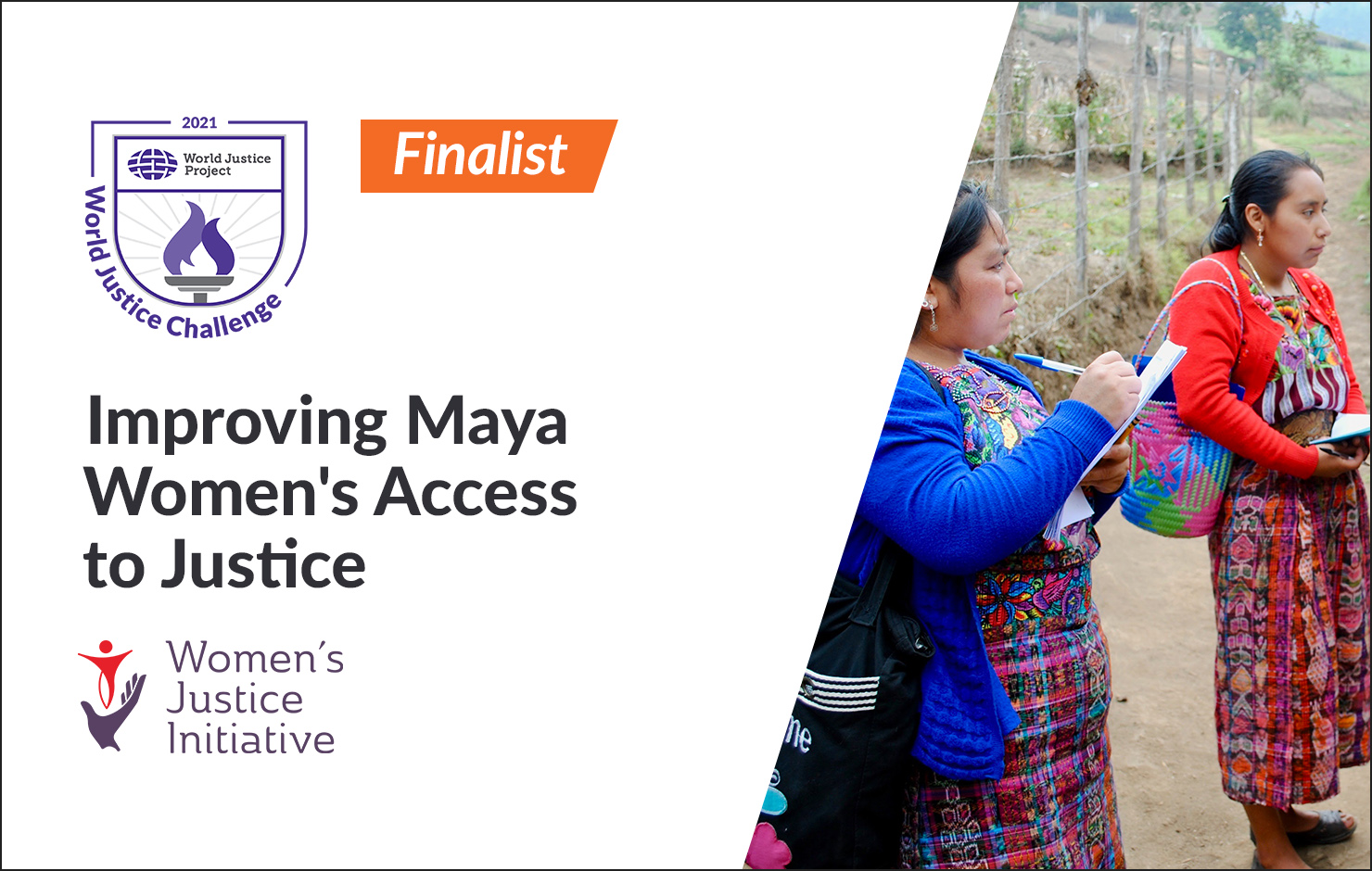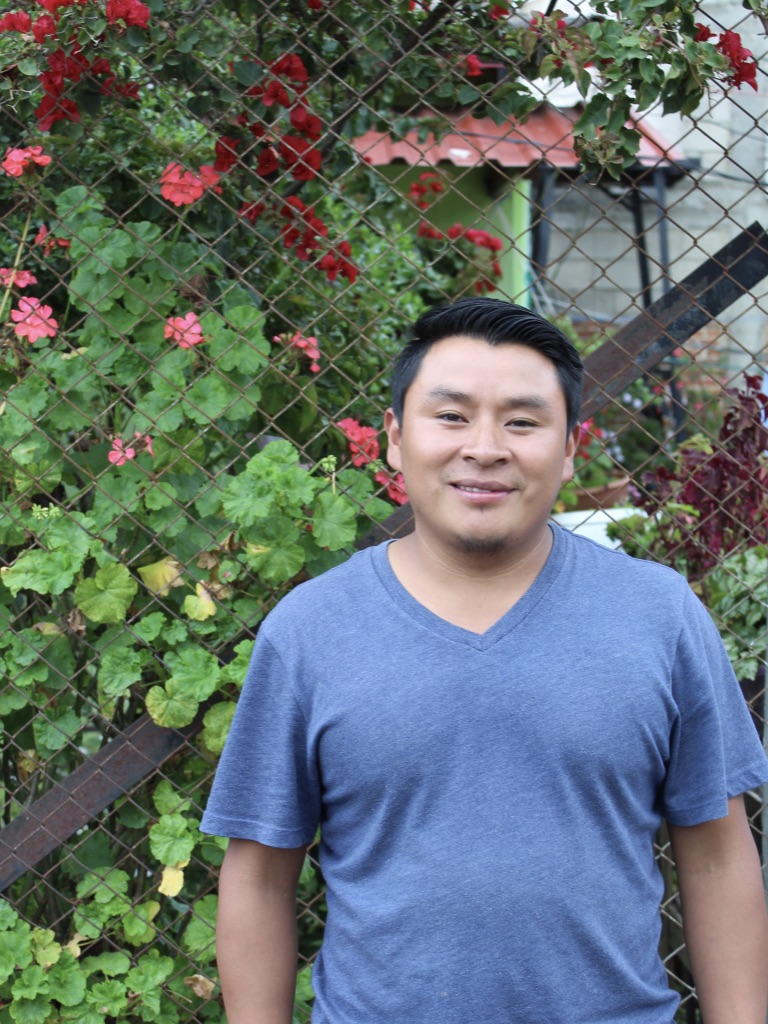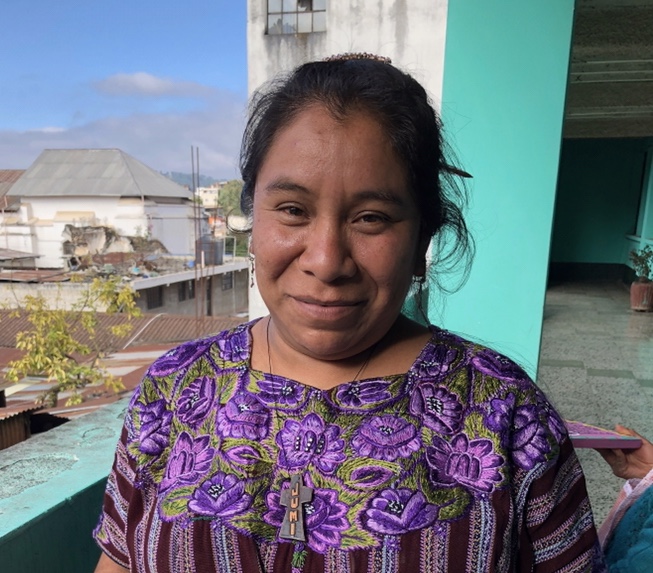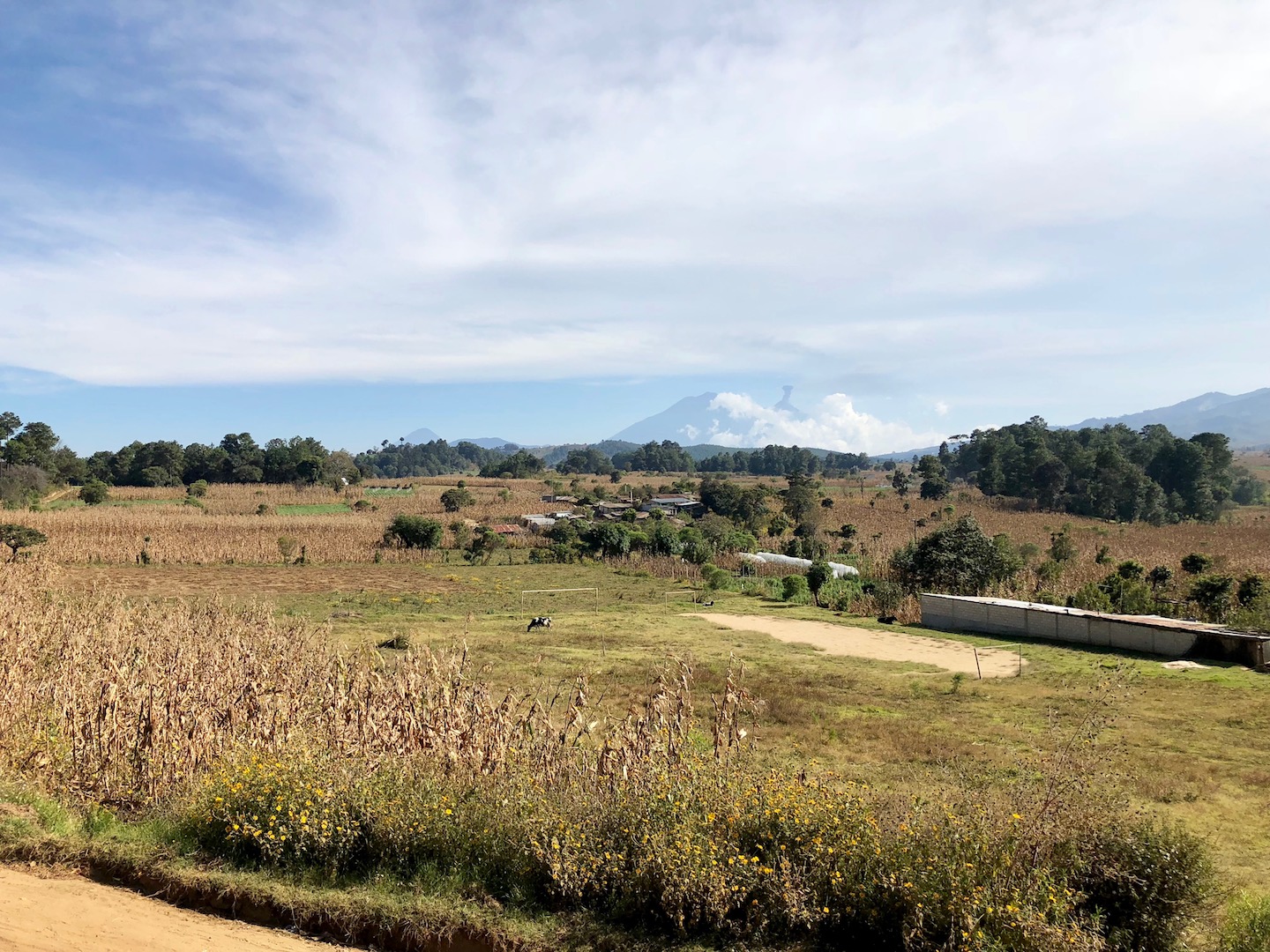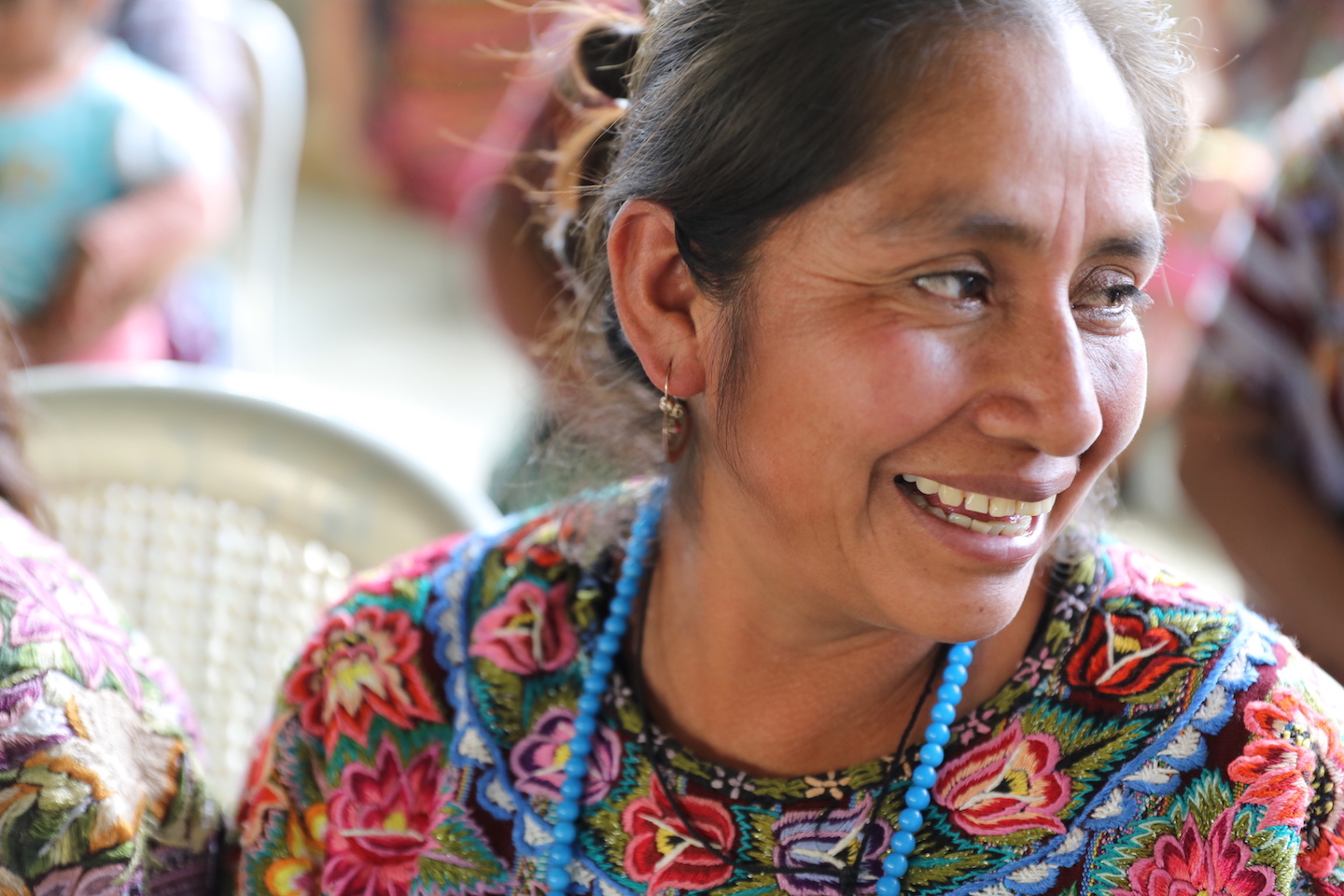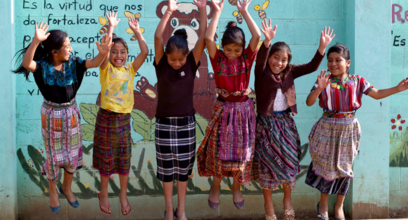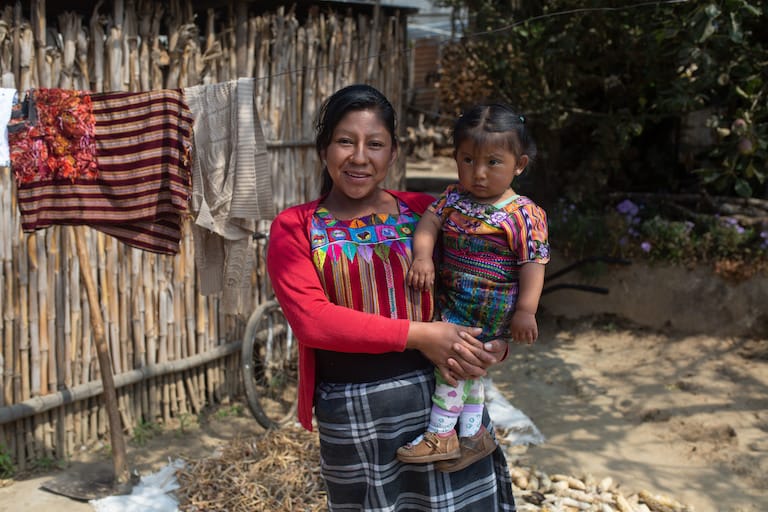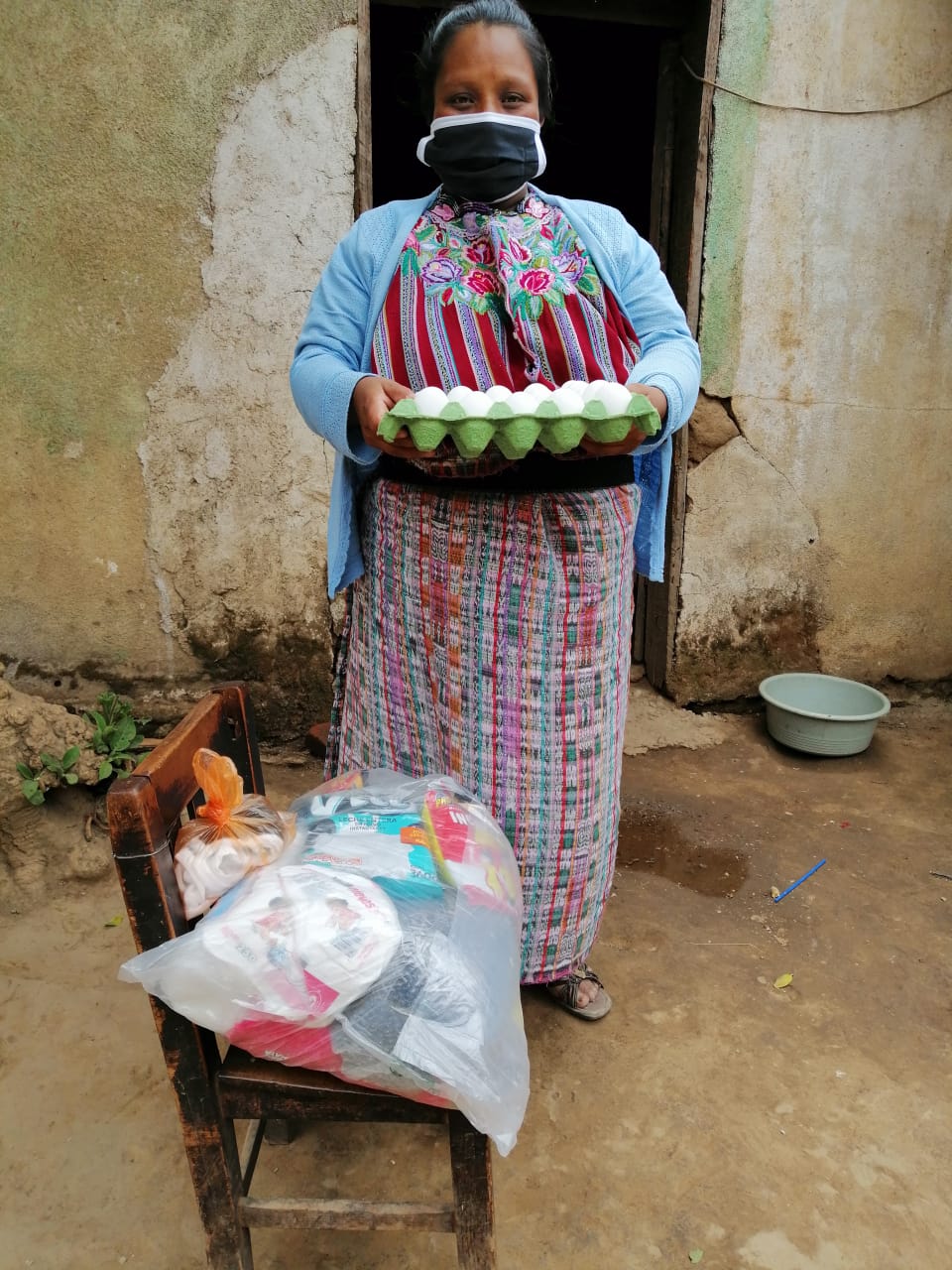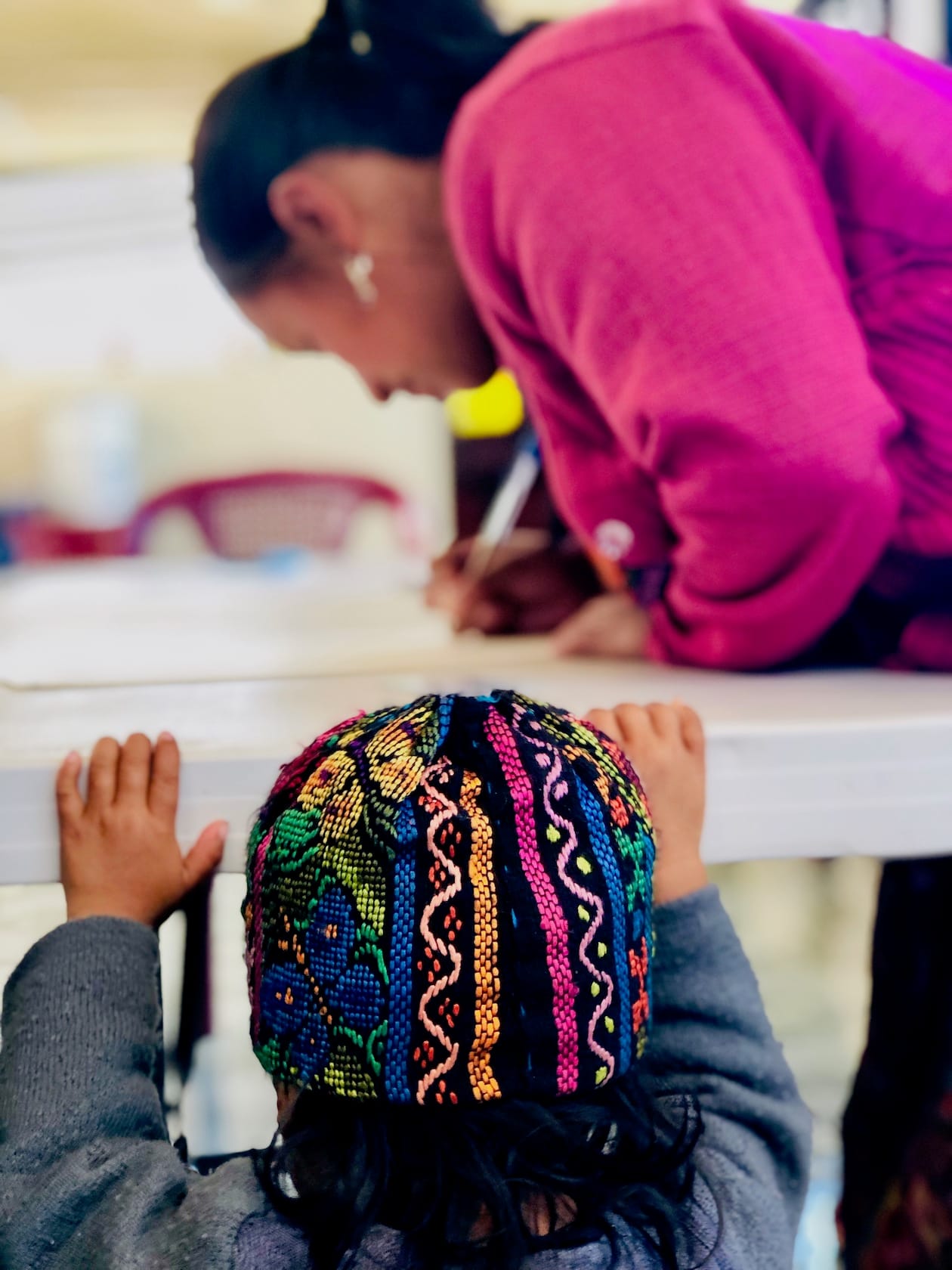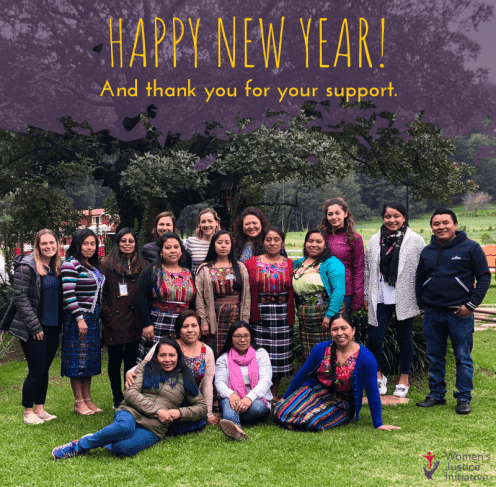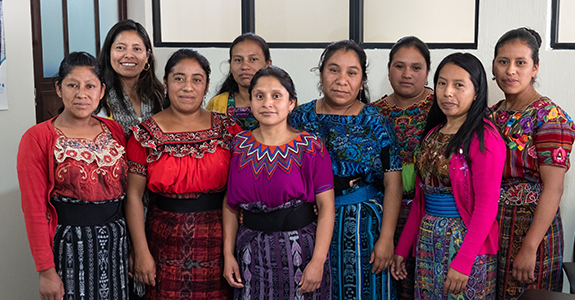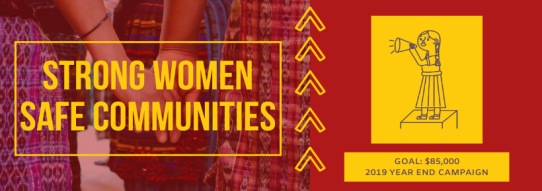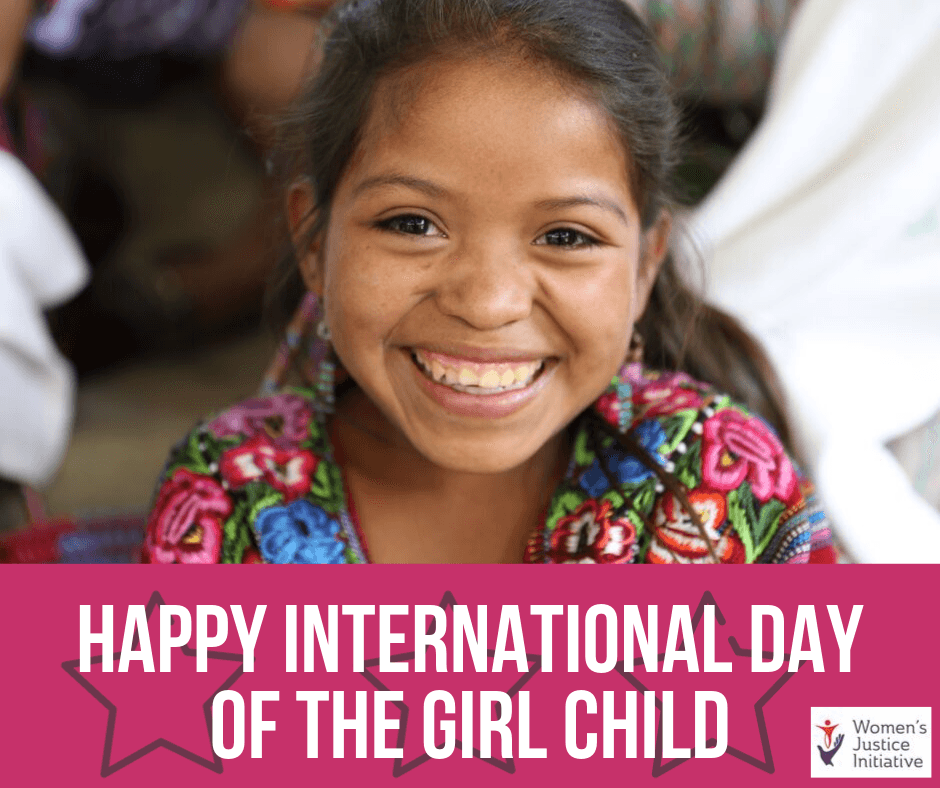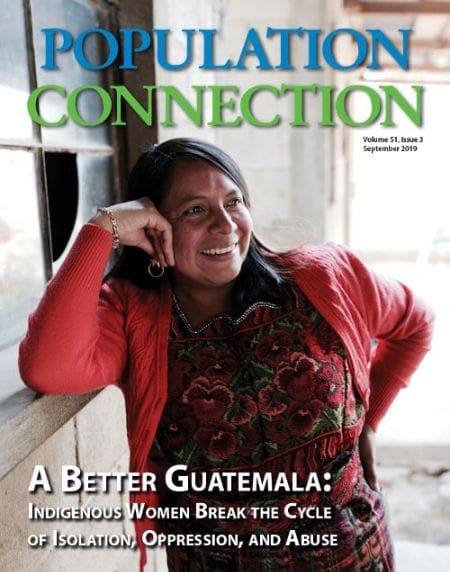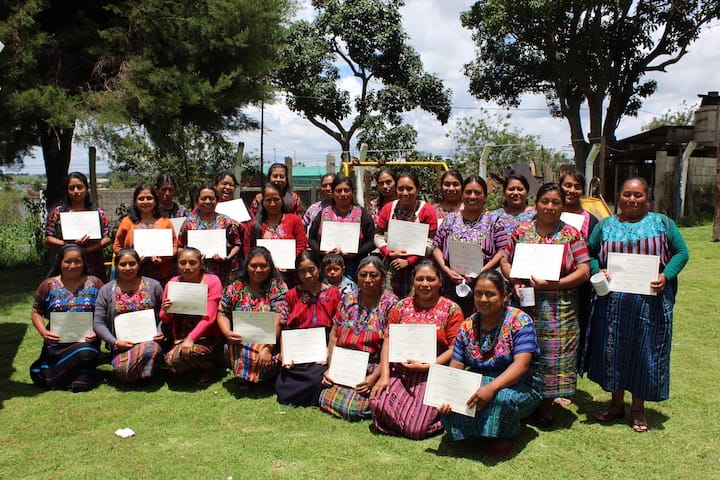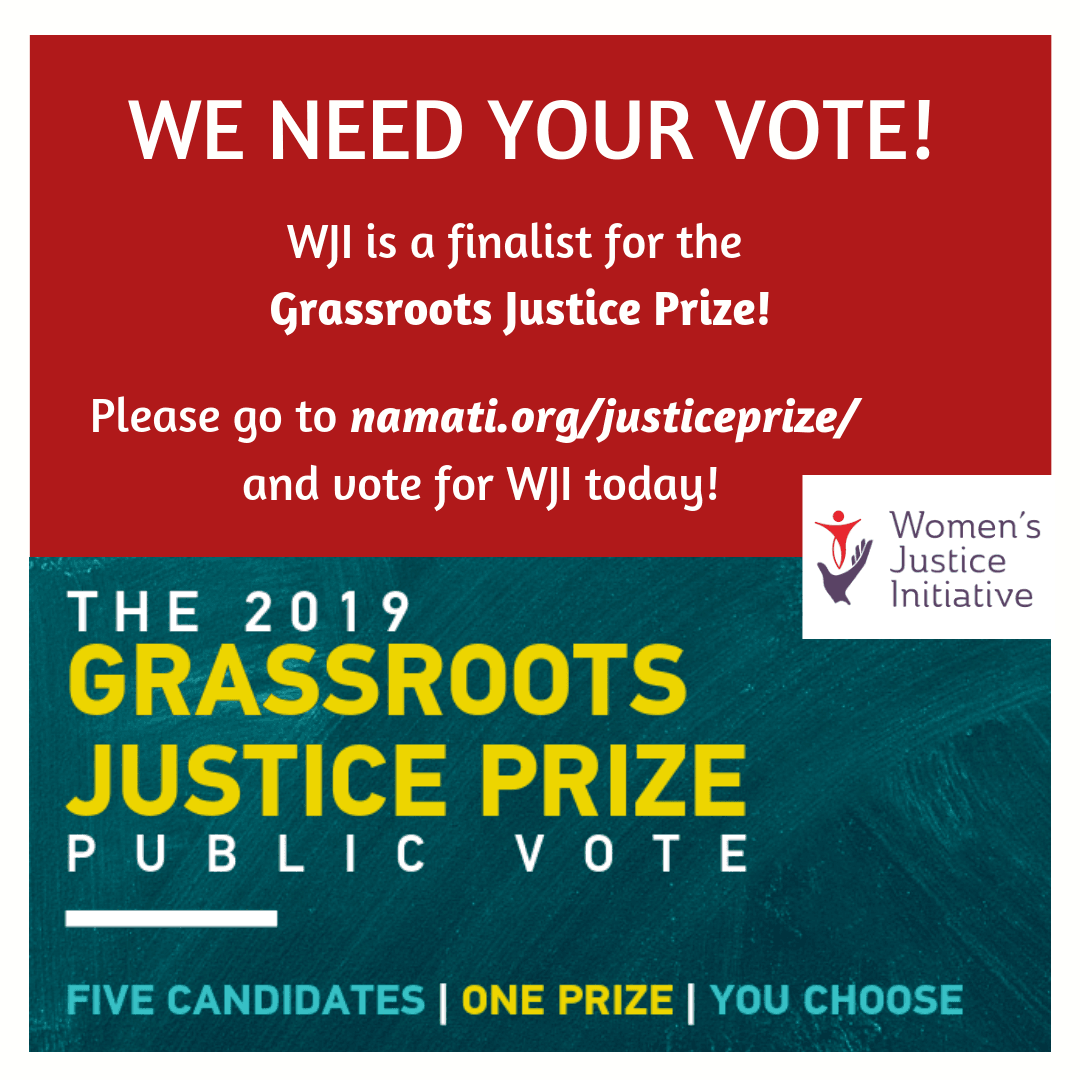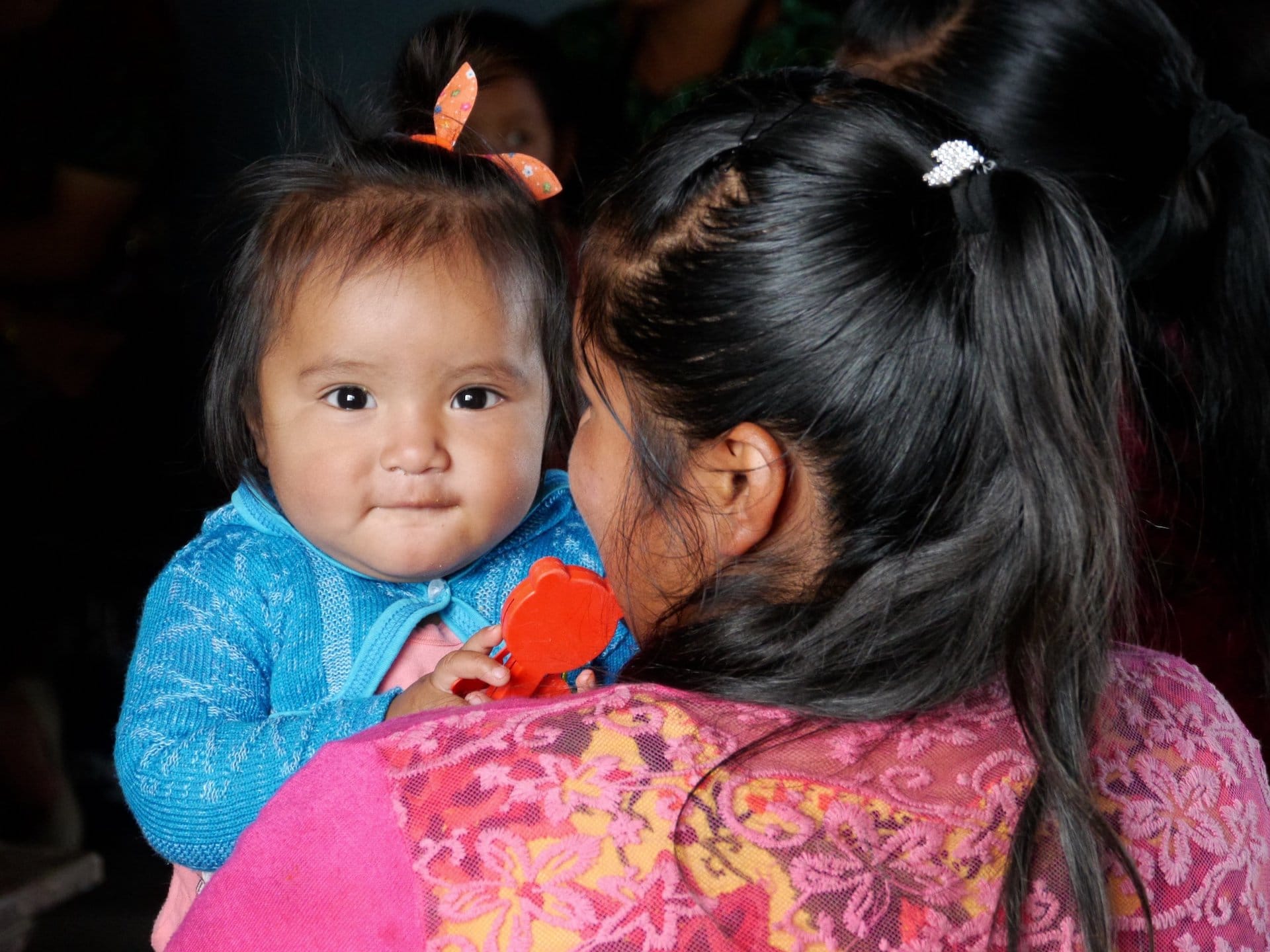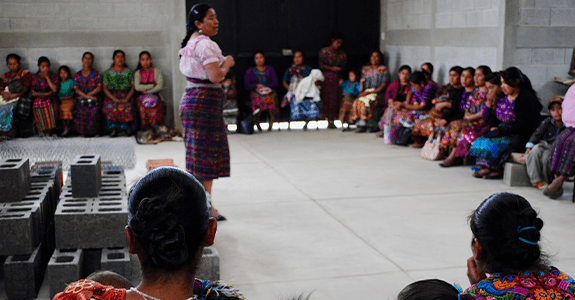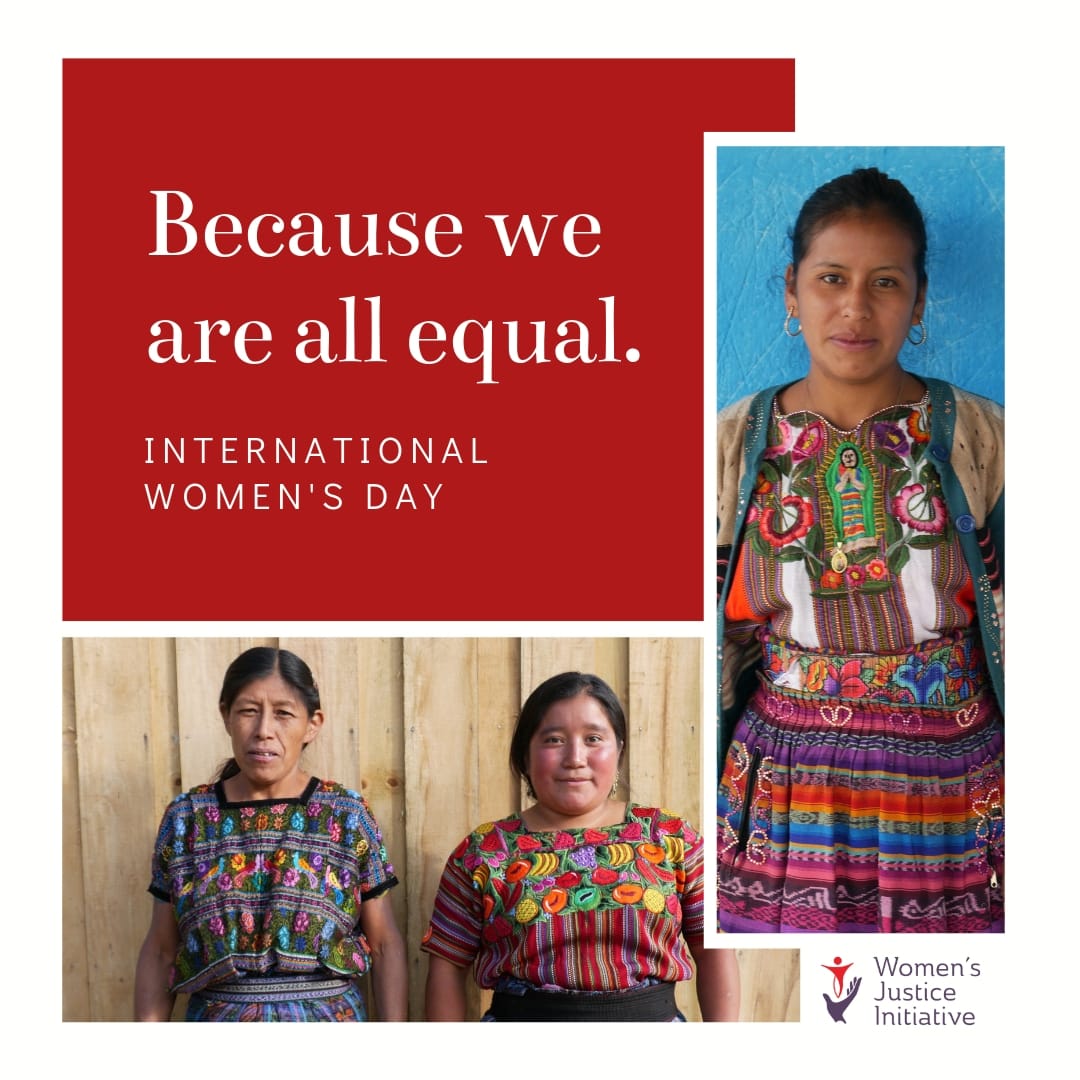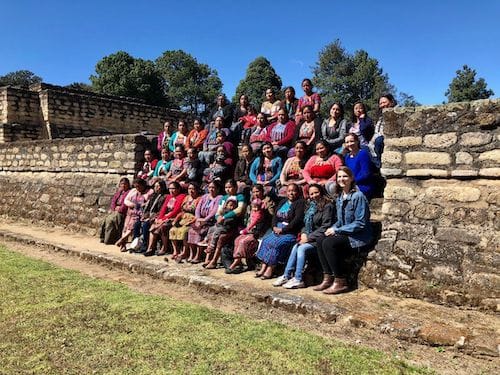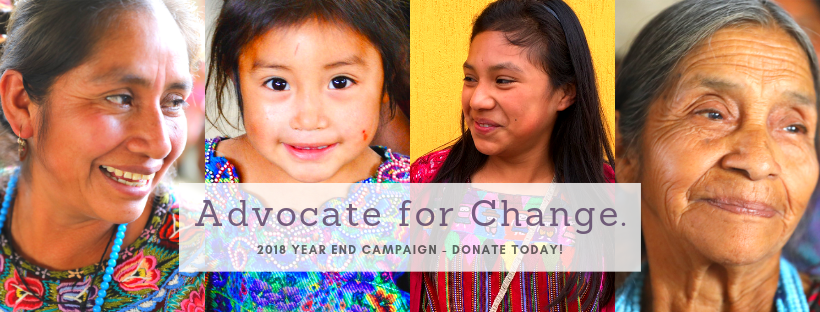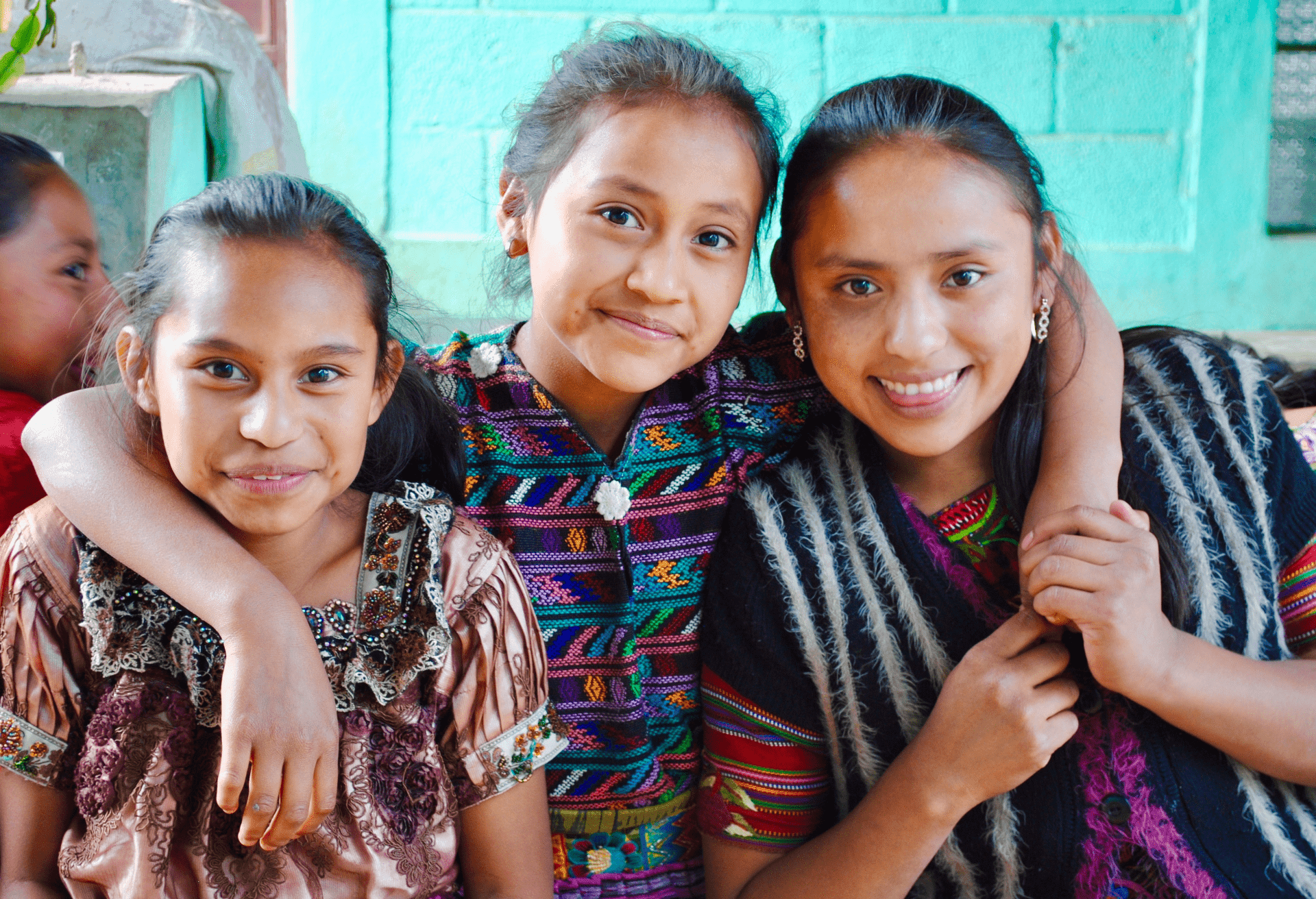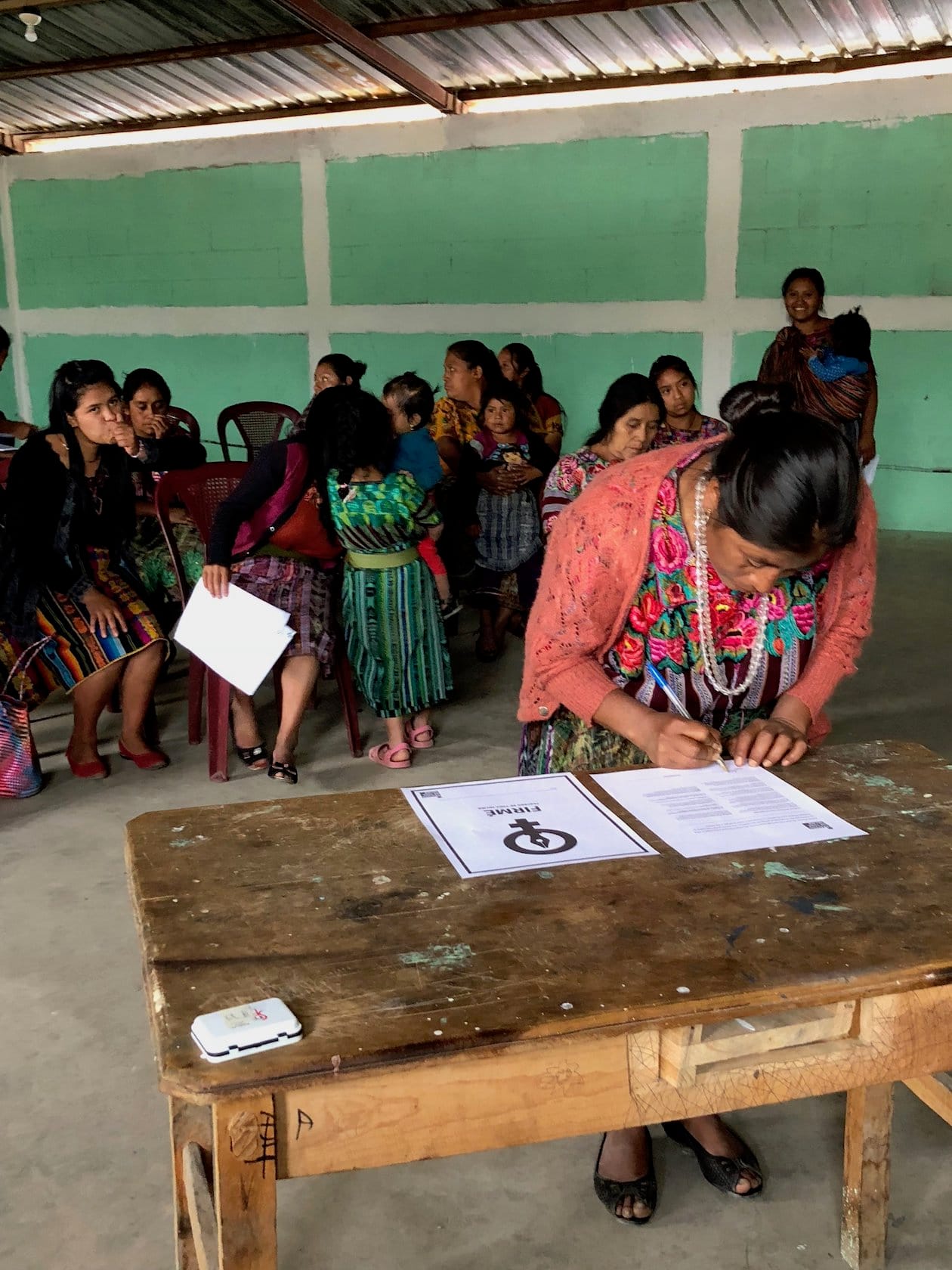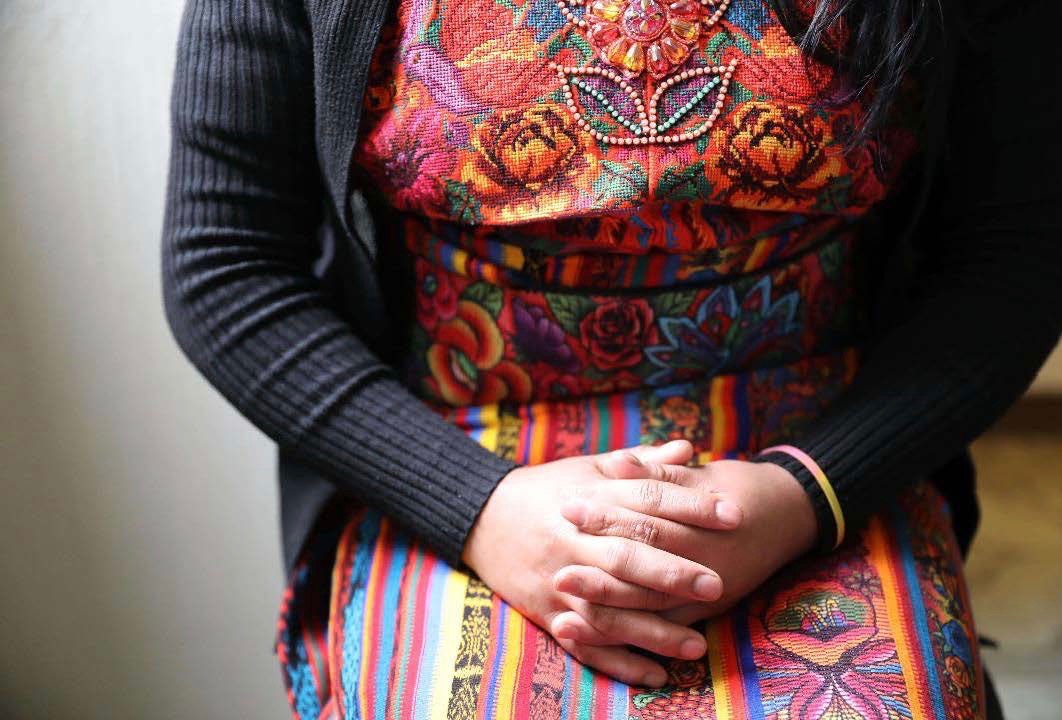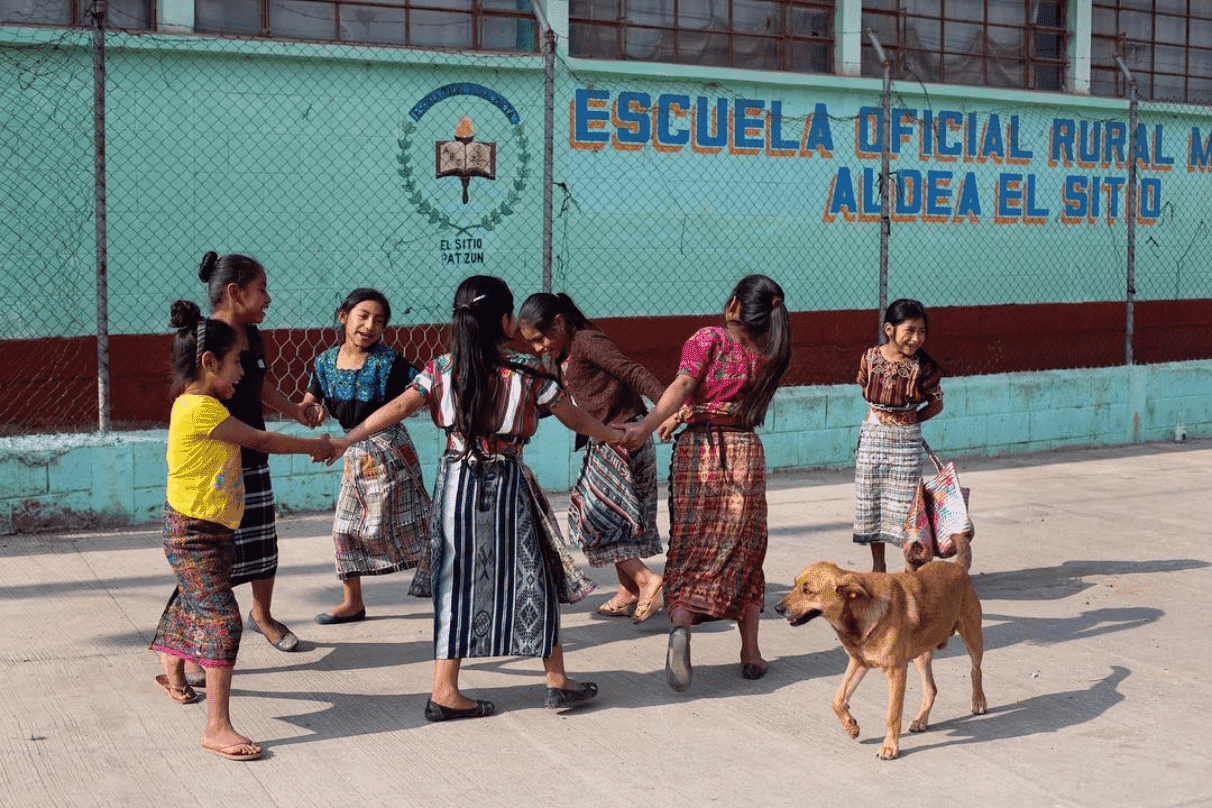The Women's Justice Initiative encourages women to become financially independent so that they do not have to depend on a partner. In this way, women are more likely to get out of violent or unhealthy relationships, knowing that they have the financial means to survive on their own.
WJI values its local partnerships and encourages women to take advantage of empowerment opportunities outside of our programs. In the municipality of San Juan Comalapa, women participating in WJI programs participated in an initiative promoted by the Ministry of Agriculture, Livestock and Food (MAGA), in order to learn to grow and create products at home, such as shampoo and soap. These skills have reduced the need to buy these things at a local market or store, thus generating more savings for the women and their households.
In total, 65 participants from WJI’s Women’s Rights Education Program have been beneficiaries of MAGA. One of WJI's Program Assistants, Lidia Argentina Perén, leads workshops in San Juan Comalapa and encourages women to participate in the MAGA program as a way to exercise their economic rights. Below, she shares her thoughts and some photos from the initiative, highlighting the stories of particular women.
—-
Women's participation in WJI’s Women’s Rights Education Program involves emotional, behavioral, and decision-making empowerment. Through the program, women learn what their rights are as women and citizens, as well as how to recognize when their rights are violated. Many women face physical, psychological, economic, and sexual violence every day.
Seeing this reality that women live and the work that WJI carries out to empower them in the different communities of San Juan Comalapa, it was necessary to make an alliance with a government institution, the Ministry of Agriculture, Livestock and Food, MAGA, and to be able to implement something practical that can generate a livelihood for women and their families, because after knowing their rights, many of them want to be independent so they no longer have to stay in toxic relationships for economic reasons.
